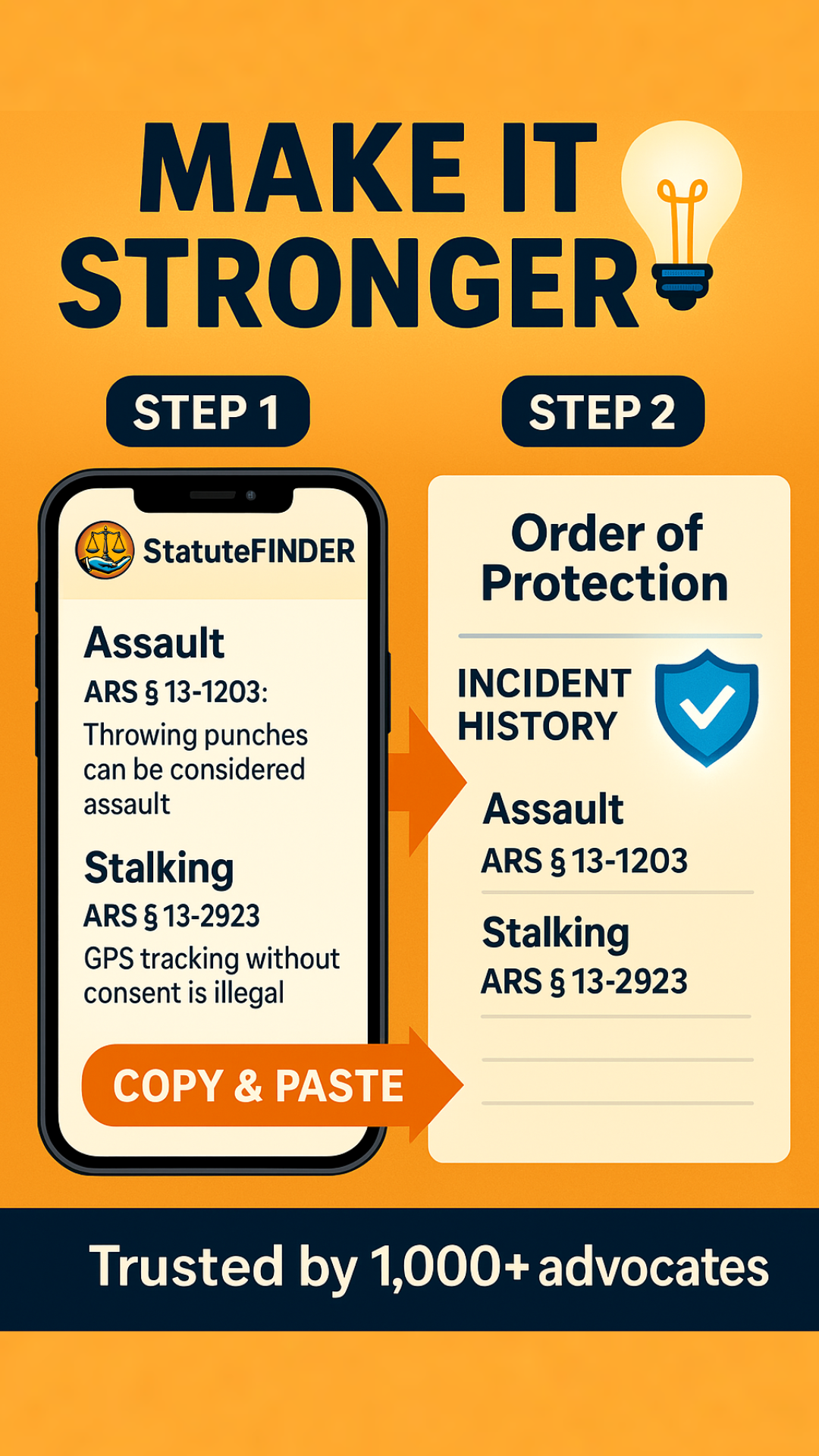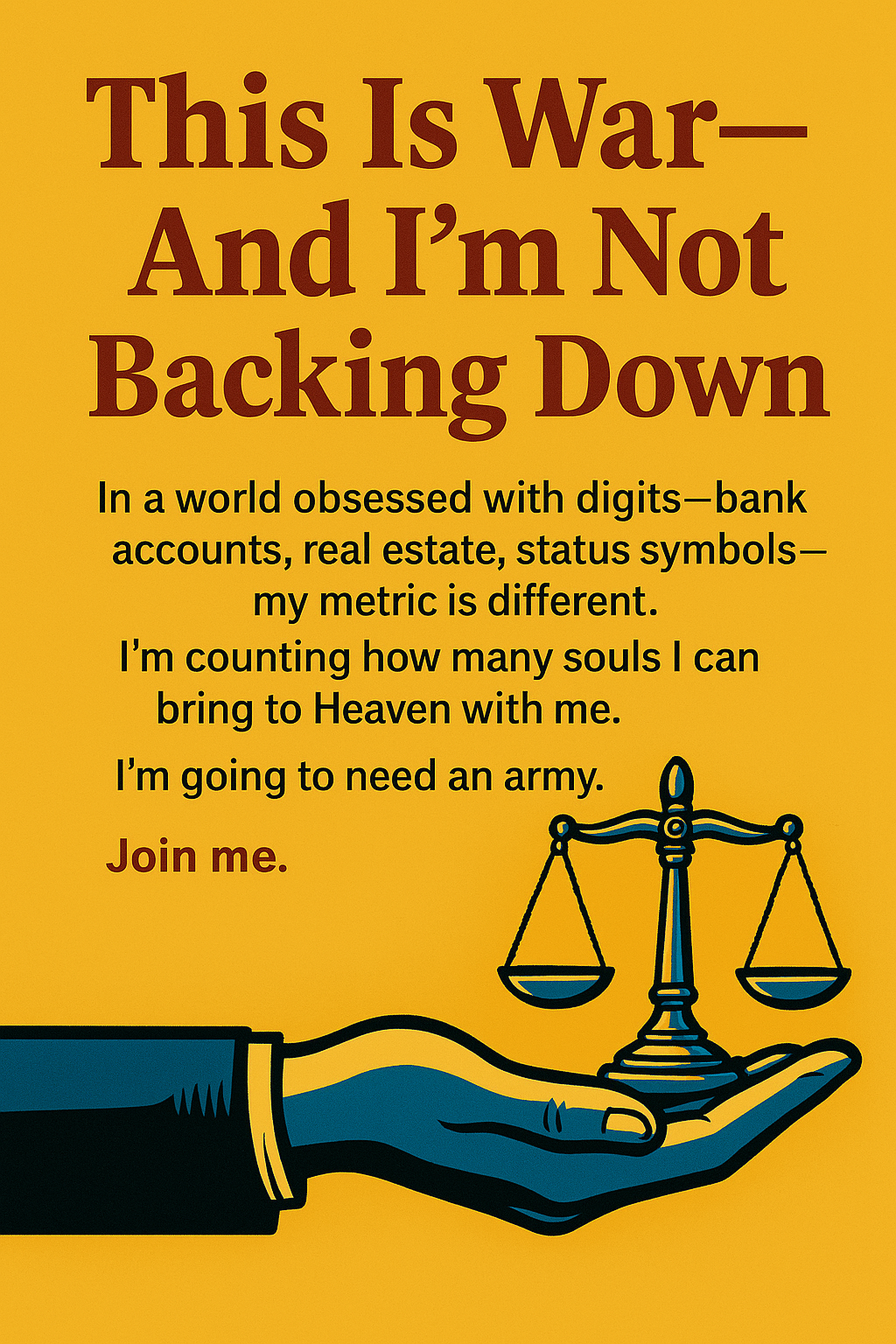How Free Technology is Transforming Justice for Domestic Violence Survivors
The criminal justice system enforces our laws, but access to legal information has traditionally been limited. Free digital tools like StatuteFINDER are changing this by putting legal resources directly into the hands of domestic violence survivors. But can technology truly make justice more equitable? And what challenges come with digitizing legal access?
As of September 28, 2025.
Introduction
When you think of the criminal justice system, what comes to mind? Judges, courtrooms, or law enforcement? Yet, many are unaware of digital resources such as apps and artificial intelligence that have been innovating how the system works.
However, can it actually make the criminal justice system fairer?
Let’s dive deeper into how technology is shaping the future of criminal justice and how tools like StatuteFINDER that use artificial intelligence are helping everyday victims defend their rights and feel better equipped to handle legal troubles surrounding domestic violence.
A System in Need of Reform
The Criminal Justice system has gained a reputation for targeting those who come from low-income backgrounds and marginalized communities. Many marginalized individuals have been racially profiled or subjected to harsh punishments.
This is because they are unable to provide themselves with the resources, like a lawyer, to have a fair chance in the system. That’s when free technology steps in and levels the playing field.
How Technology Is Changing Criminal Justice
1. Access to Legal Information
Before the integration of technology into the justice system, understanding the law meant hiring a lawyer or examining complicated legal work. Now, free apps like StatuteFINDER make it easier for domestic violence survivors who don’t have law degrees to:
Find resources for legal help or self-advocacy
Understand the language of laws
Understand what forms to file and how to respond to file motions
Understand their rights based on location and situation
That is a big leap forward in making justice more accessible and understandable.
2. Virtual Court Hearings
Virtual court hearings were very common during the COVID-19 pandemic. Virtual court hearings can be beneficial for many people because it removes the hassle of childcare and transportation, making it easier to show up and participate in their cases.
3. Data and Transparency
Technology is drastically changing the horizon of criminal justice. Recently, new technologies have made it possible to track data on arrests, monitor police behavior, and determine sentencing.
Having tools like AI makes it easier for communities and law enforcement to accurately and efficiently identify patterns of bias or injustice and push for reform based on real evidence.
4. AI and Risk Assessment Tools
While AI can be a useful tool, we cannot solely depend on it. For example, some courts use algorithms to help judges make decisions on bail or sentencing.
However, there is a growing concern that the algorithms that are meant to reduce bias may be worsening disparities between minorities because the information AI is given is flawed.
That is why it’s significant to have human integration to monitor these algorithms and avoid problems like that from happening.
The Role of StatuteFINDER
StatuteFINDER’s purpose is to make a tool that is simple to use, so it has a great impact on a wide range of domestic violence survivors who are seeking help. The free app completely changes the playing field for victims who are unable to access legal information.
StatuteFINDER empowers users by:
Explaining laws (statutes) in clear, relatable language
Teach survivors to know what to expect in a situation when the police, courts, or schools are involved
Giving survivors the resources to speak up and ask questions so that they can represent themselves
StatuteFINDER can make learning the law feel less out of reach; that’s ideally how the justice system should be.
Final Thought:
Technology is not the answer that can fix all of our problems, and it won’t hide the mistakes of wrongdoing we made in the past. Still, this app is powerful, and if used correctly, it can bring us closer to a justice system that’s not just faster or more efficient, but also fairer.
In the future, knowing your rights shouldn’t be a privilege; with tools like StatuteFINDER, it can become common knowledge.
How to Use StatuteFINDER
If you want to learn more about StatuteFINDER or how to use the StatuteFINDER app, click the video below:
Guest Author: Brenda Gallello
Brenda Gallello is a passionate law student pursuing her passion in criminal and civil law. She actively participates in debates, volunteers in a political campaign, and aspires to learn more about criminology and psychology.
Works Cited
“A Virtual Path to Justice: Paving Smoother Roads to Courtroom Access.” Americanbar.org, 2024, www.americanbar.org/groups/crsj/resources/human-rights/2024-june/virtual-path-justice-paving-smoother-roads-courtroom-access/. Accessed 5 July 2025.
Council on Criminal Justice. “The Implications of AI for Criminal Justice - Council on Criminal Justice.” My WordPress, 7 Oct. 2024, counciloncj.org/the-implications-of-ai-for-criminal-justice/. Accessed 6 July 2025.
Husson University. “The Role of Technology in Criminal Justice.” Husson University, 28 Sept. 2023, www.husson.edu/online/blog/2023/09/technology-in-the-criminal-justice-field. Accessed 6 July 2025.
Sengupta, Pamela. “Revolutionizing Justice - How Technology Can Transform Legacy Systems in the Criminal Justice Sector.” Techuk.org, 2024, www.techuk.org/resource/revolutionizing-justice-how-technology-can-transform-legacy-systems-in-the-criminal-justice-sector.html. Accessed 7 July 2025.
What to do when you’re falsely accused of domestic violence? Free legal resources guide (2025)
Protect yourself from false imprisonment by knowing your rights, documenting evidence, and consulting with an attorney. The free StatuteFINDER app can help you understand relevant laws and build your defense. (Not legal advice)
As of September 28, 2025.
Introduction
It can be frightening and upsetting to be accused of a domestic violence crime you did not commit. The reason this happens may be because evidence was not handled properly and misidentified the perpetrator, being in the wrong place at the wrong time, or false statements were given to the police. All of a sudden, your freedom, reputation, and future are all on the line.
Don't be alarmed! If this ever occurs to you, here's what you should know and do.
1. Do Not Confront Anyone and Keep Calm
When you know you are not guilty, instinctively you become defensive and deny any allegations of your involvement in the crime, but attempting to "clear it up" or arguing with the accuser could make the situation more complicated. Allow the appropriate legal procedures to convey your actions.
2. Get a Lawyer Immediately
Given that anything you say could be used against you in court, if you misspeak, your defense attorney will help you through this stressful period. Also, take the domestic violence accusation seriously, regardless of how absurd or untrue it is. A defense attorney will:
Assist in defending your rights.
Manage correspondence with law enforcement.
Gather proof that supports your position.
3. Start Gathering Evidence
Jot down everything that comes to mind regarding the circumstance:
Where you were.
At the time, who were you with?
Any messages, receipts, recordings, or images that strengthen your alibi.
Find out if witnesses are willing to validate your story of what happened. Your case will be stronger if you have more documentation. Audio and video recordings can be difference makers.
4. Learn Your Rights with StatuteFINDER
Your best defense against false domestic violence accusations is knowledge. A free smartphone app called StatuteFINDER can assist you in:
Educating yourself on the laws (in your state) that apply to your charges:
Educate yourself on legal definitions of the offense for which you are facing charges.
Recognize your rights when being questioned, arrested, and tried.
Find available resources such as public defenders and legal aid initiatives.
Use StatuteFINDER to stay informed and protect yourself from being exploited if you have been charged or questioned.
5. Don’t Talk Without Legal Advice
Investigators or police may make you provide an explanation "off the record." Avoid that at all costs, even if you are innocent; the statements you make can be misinterpreted. Any time you are in legal trouble, you should always speak to your lawyer first. At the very least, input your situation into StatuteFINDER. (Not legal advice)
6. Follow All Legal Instructions
Do not miss your court date! Go to court when they assign you to do so. Your cooperation in court will only make the process easier and protect you from negative outcomes. For example, if you are asked to submit documentation or turn yourself in, cooperate with the police/court system because good behavior will only benefit your situation.
Final Thought:
It is upsetting to be wrongfully accused, but look on the bright side, you are not in prison yet. Throughout the process, you need to remain informed, protected, and ready with the help of trustworthy resources like StatuteFINDER or by calling your lawyer to receive proper legal assistance.
Whether you're innocent or not, what you do next counts. Be aware of your rights and defend them.
How to Use StatuteFINDER
If you want to learn more about StatuteFINDER or how to use the StatuteFINDER app, click the video below:
Guest Author: Brenda Gallello
Brenda Gallello is a passionate law student pursuing her passion in criminal and civil law. She actively participates in debates, volunteers in a political campaign, and aspires to learn more about criminology and psychology.
Works Cited
“How to Defend Yourself against False Accusations | Wilder Law Firm.” Wilder Law Firm, 20 Dec. 2021, wilderfirm.com/how-to-defend-yourself-against-false-accusations/. Accessed 22 June 2025.
“What Are My Legal Options If I’m Falsely Accused of a Crime? | HMW Law.” HMW Law Ohio Trial Attorneys, 7 Apr. 2025, teamhmwwins.com/faqs/what-are-your-legal-options-if-falsely-accused-of-a-crime-in-ohio/. Accessed 22 June 2025.
“What to Do If You Are Charged with a Crime That You Did Not Commit.” Browning & Long PLLC, 23 Nov. 2020, www.browninglonglaw.com/library/how-to-handle-being-falsely-accused-of-a-crime.cfm. Accessed 21 June 2025.
What is Restorative Justice in Domestic Violence? And How Can StatuteFINDER Help?
Restorative justice heavily focuses on offenders' healing, reconnecting with the community, and accountability. In this blog, you will learn how it works and how StatuteFINDER can help you.
As of September 28, 2025.
Introduction
When a domestic violence offender breaks the law, the legal system punishes wrongdoers with time behind bars, fines, or probation. Even so, there are better approaches to keep offenders from reoffending. Let’s ask ourselves,” How can we reduce the likelihood of domestic violence offenders recommitting crimes?” That is when restorative justice comes into play. An alternative to punishment, restorative justice is how we can reintegrate inmates and domestic violence abusers from prison back into society.
But does this process actually work? And how can people access it?
What Is Restorative Justice?
Restorative justice is a method of rehabilitation that prioritizes repairing the negative behaviors of wrongdoers. The goal of restorative justice is to identify the underlying problem and gradually fix the damage. Domestic violence abusers going through rehabilitation are able to heal strained relationships with relatives or friends, repair their relationship with their community, and gain accountability for their actions. This approach can take many forms:
Community circles
Mediation sessions
Meetings between the victim and the offender
Rehabilitation is popular among juvenile justice systems and high schools because it focuses on the underlying issue and does not rely heavily on harsh punishments to discipline them.
Why Does it Matter?
Traditional punishment is usually not very effective and can be counterproductive. It often leaves the juveniles at a higher risk of committing more crimes once they are released. This is because juveniles who are incarcerated are exposed to abuse and a lack of programs to help them, which disrupts the possibility of success in their future. However, restorative justice flips the script by:
Teaching wrongdoers why, and what they did was wrong, so they can take accountability for their actions
Enrolling them in group therapy/ education programs
Help offenders rebuild a stronger connection with their community
It is proven that restorative justice can decrease re-offending in inmates by improving satisfaction for both victims and offenders and promoting long-term healing.
How StatuteFINDER Can Help:
Co-parenting with an abusive partner can keep the cycle going. Restorative justice may offer a long-term path toward safety and accountability. StatuteFINDER helps survivors understand the process, the safeguards, and where to start.
StatuteFINDER is a free app designed to help you find relevant laws based on your situation. Whether you’re involved in a school conflict, a juvenile case, oe co-parenting with an abusive partner, StatuteFINDER can:
Show whether restorative justice is supported in your area
Help you find alternatives to traditional punishment
Guide you to state or school policies that allow for mediation or restorative practices
Offer tools necessary to help you stand up for your rights and ask for a restorative approach
Picture this: you’ve been suspended from school for a fight with your classmate, but instead of being reprimanded, you and the other student could talk it out, understand each other, and find a resolution. StatuteFINDER helps you know how to ask for help and how to approach the situation from a legal standpoint.
Final Thoughts: Does Restorative Justice Work?
Restorative justice offers something that traditional systems often lack:
Empathy
Understanding
The chance to truly make things right
That said, restorative justice is the better approach for juveniles. Restorative justice can benefit the lives of juveniles, instead of taking punitive measures to instill a lesson in them. Remember, punishment does more harm than good. Restorative justice may not be the quickest fix, but with time and effort, juveniles will be able to have a second chance at a crime-free life.
Additionally, with tools like StatuteFINDER, it can effectively teach you how users can gain access to healing-based therapy solutions.
How to Use StatuteFINDER
If you want to learn more about StatuteFINDER or how to use the StatuteFINDER app, click the video below:
Guest Author: Brenda Gallello
Brenda Gallello is a passionate law student pursuing her passion in criminal and civil law. She actively participates in debates, volunteers in a political campaign, and aspires to learn more about criminology and psychology.
Works Cited
“Restorative Justice: Prioritizing Victims’ Needs.” Human Trafficking Awareness, 5 Mar. 2025, nhfinternational.org/restorative-justice-victims-needs/?gad_source=1&gad_campaignid=22289232682&gbraid=0AAAAA9WaHNuQO2QoOal_kD9JNHZkAV5w6&gclid=CjwKCAjw4efDBhATEiwAaDBpbrNAtmFlJo-8QFw3dG4uwpB2YusnNcJ68b9sssF7uZfJeL2Dk3DOuxoCg4gQAvD_BwE. Accessed 22 May 2025.
Restorative Justice Council. “What Is Restorative Justice? | Restorative Justice Council.” Restorativejustice.org.uk, Restorative Justice Council, 2016, restorativejustice.org.uk/what-restorative-justice. Accessed 21 May 2025.
Zehr, Howard. “About Restorative Justice | University of Wisconsin Law School.” Law.wisc.edu, 2002, law.wisc.edu/fjr/rjp/justice.html. Accessed 22 May 2025.
Racial Disparities in Domestic Violence Sentencing And Policing—How Can StatuteFINDER Help?
Research shows some communities face tougher policing and sentencing when it comes to domestic violence. StatuteFINDER helps people learn their rights—and push for fairer outcomes.
As of September 28, 2025.
Introduction
Racial disparities are one of the greatest challenges we face within our justice system in domestic violence. More often than not, people of African, Hispanic, and Indigenous descent are more likely to be stopped by the police and receive longer and harsher sentencing when domestic violence is involved. Getting rid of the “bad apples” in the community may appear to help the problem; however, minority communities are disproportionately impacted at every stage of the justice system.
This blog will explain how the justice system's apparent unfair treatment is affecting minority communities and how StatuteFINDER can assist minorities in their time of need, free of charge.
Source: Bureau of Justice Statistics, Jail Inmates in 2019 and Prisoners in 2019. Appendix Table 2. Prison incarceration rates for AI/AN and Asian populations calculated by Prison Police Initiative from Census 2010.
The reality of minorities who are disproportionately targeted:
These minority groups are more likely to get stopped by police officers, be searched during traffic stops, and are 3 times more likely to be threatened with force when interacting with police officers.
These minority groups have double the rate of getting searched or arrested than white people, even if the same crime was committed.
These minority groups are 5 times more likely to be incarcerated and have longer sentences at higher rates than white people.
Contributing Factors Include:
Economic disadvantages: Targeting minority communities because they have higher crime rates, these groups become distrustful of the police.
Racial profiling: Discriminating against minorities as criminals and targeting them because of their race.
Implicit Bias: An unconscious or conscious action of categorizing minorities based on stereotypes.
What Could We Do To Reform The Justice System?
The justice system has many flaws; reforms are needed to make the justice system more reliable.
Prioritizing rehabilitation rather than punishment, being able to establish the root cause of the problem, and supporting those who struggle with mental health or substance abuse problems. While also addressing systemic issues:
Work to eliminate racial profiling and raise awareness about how marginalized communities are being disproportionately impacted.
Ensure that everyone has access to an attorney, regardless of their ability to pay for one.
Have communities actively be involved with incarcerated people so they don't feel forgotten.
Need to be more transparent to identify problems like racial disparities in sentencing and policing methods.
How StatuteFINDER Can Help:
As a domestic violence alleged abuser, it’s important to understand your rights and know about the laws that are affecting you unfairly. That’s where StatuteFINDER comes in:
Informing alleged abusers on how to defend themselves or others who are experiencing injustice.
Assisting individuals to legal protections that may apply to them.
Assisting users in identifying state and local laws that relate to police stops, arrests, and sentencing.
Note: Innocent until proven guilty. False allegations are a form of domestic violence abuse. Many times, innocent parties are falsely accused of being abusers when they’re in fact the victims in domestic violence relationships. Being a minority can compound the problem.
Final Thought:
StatuteFINDER is a free tool that gives you resources to advocate for yourself or others who don't have the money or power to defend themselves. Whether you’re a concerned citizen or a student in high school, StatuteFINDER gives you the tools to understand and challenge racial disparities in your community.
Injustice prevails in the silence of those who don't dare to speak up. Knowledge is power, and StatuteFINDER helps put that power in your hands.
How to Use StatuteFINDER
If you want to learn more about StatuteFINDER or how to use the StatuteFINDER app, click the video below:
Guest Author: Brenda Gallello
Brenda Gallello is a passionate law student pursuing her passion in criminal and civil law. She actively participates in debates, volunteers in a political campaign, and aspires to learn more about criminology and psychology.
Works Cited
Bryant, Erica. “Eight Ways You Can Advance Justice Reform in 2024.” Vera Institute of Justice, 4 Jan. 2024, www.vera.org/news/eight-ways-you-can-advance-justice-reform-in-2024. Accessed 14 May 2025.
National Conference of State Legislatures. “Racial and Ethnic Disparities in the Criminal Justice System.” Www.ncsl.org, National Conference of State Legislatures, 24 May 2022, www.ncsl.org/civil-and-criminal-justice/racial-and-ethnic-disparities-in-the-criminal-justice-system. Accessed 13 May 2025.
Unlocking the Black Box: How the Prosecutorial Transparency Act Will Empower Communities and Help End Mass Incarceration. www.aclu.org/sites/default/files/field_document/aclu_smart_justice_prosecutor_transparency_report.pdf. Accessed 14 May 2025.
What Is Due Process? And Why Should Domestic Violence Victims Care?
Victims have legal rights. The system has rules to protect them. StatuteFINDER connects the dots—instantly, so you don’t get caught in the minutiae.
As of September 28, 2025.
Introduction
We hear a lot on television, social media platforms, and even on the news about our rights, but we are not familiar with how our rights are protected. Due process is a significant legal concept that provides structure in the U.S. Constitution.
Without due process, people would be deprived of fair treatment, and the government would have no consequences for abusing its authority by making unwarranted arrests, imprisonments, and/or seizing valuables and possessions without proper legal procedure. Due process keeps the government in check to ensure they are following proper legal rules.
So, What Is Due Process?
Due process is a legal concept that requires the government to follow procedures regarding your property, freedom, or liberty. The Fifth and Fourteenth Amendments of the U.S. Constitution make sure justice is upheld to prevent situations where you are being punished without first having the ability to be heard and/or defend yourself.
There are two types of Due Process:
1) Substantive Due Process: Limits the government's ability to interfere with U.S. citizens’ fundamental rights, such as the right to privacy and freedom of speech.
2) Procedural Due Process: Guarantees that court system procedures are fair. This includes an opportunity to be heard, providing notice, and a decision by a neutral party.
Why Should Victims of Domestic Violence Care?
Picture this: you are being accused of something you didn’t do, and unexpectedly, you’re fired from your job or even arrested without the ability to present your case. Due process is what will protect you from unjust treatment.
It is crucial for young people and individuals from minority backgrounds who are often more vulnerable to mistreatment or bias in legal and school systems to understand due process in order to protect themselves from legal trouble.
How StatuteFINDER Can Help:
Although understanding your rights can be confusing, the use of technology makes the learning process easier for beginners. StatuteFINDER is a free app designed to guide people through the legal system by matching the relevant laws (statutes) based on their situation. Whether you’re facing legal troubles or want to expand your knowledge of the law, StatuteFINDER can connect you to the legal information that applies to you.
It helps you:
Find laws that protect your rights
Understand due process in your state
Guides you through the steps if you’ve been mistreated
Improve your domestic violence situation by giving you the power of the law
Final Thought:
Don’t think of due process as just another complex legal term; it is critical knowledge that everyone needs to be familiar with. Understanding your rights and taking advantage of your resources can be a game-changer for people struggling to find the help they need.
StatuteFINDER can fulfill your need for guidance. Any situation, whether you’ve been sentenced to lengthy imprisonment without a fair trial, wrongfully evicted from your house, or falsely accused for domestic violence. Enter it into the the free StatuteFINDER app, and it will direct you to relevant laws or a step-by-step guide on how to legally deal with the situation. (Not legal advice)
StatuteFINDER empowers users, such as yourself, to stand up and fight for your rights. Being knowledgeable about due process could be your best ally.
How to Use StatuteFINDER
If you want to learn more about StatuteFINDER or how to use the StatuteFINDER app, click the video below:
Guest Author: Brenda Gallello
Brenda Gallello is a passionate law student pursuing her passion in criminal and civil law. She actively participates in debates, volunteers in a political campaign, and aspires to learn more about criminology and psychology.
Works Cited
Cornell Law School. “14th Amendment.” Legal Information Institute, Cornell Law School, 17 May 2018, www.law.cornell.edu/constitution/amendmentxiv. Accessed 11 May 2025.
---. “Fifth Amendment.” LII / Legal Information Institute, 10 Oct. 2017, www.law.cornell.edu/constitution/fifth_amendment. Accessed 10 May 2025.
Strauss, Peter. “Due Process.” Legal Information Institute, Cornell Law School, 2022, www.law.cornell.edu/wex/due_process. Accessed 11 May 2025.
Top 5 Myths About the U.S. Legal System for Domestic Violence Survivors
How the free StatuteFINDER free app Can Help You Separate Fact from Fiction
Busting myths to shed light on the truth, from Miranda rights, verbal contracts, being sued with out notice, public defender right, to even ignorance of the laws, and how StatuteFINDER can be of service you when you are confused.
As of September 28, 2025.
Introduction
The U.S. legal system is significant to understand, but many are unfamiliar and confused by the law. Unfortunately, not many U.S citizens fully understand what to do and what not to do when navigating the legal system because they are misled by the media.
In this blog, we’ll go into depth about the five common myths in the U.S. legal system and the truth behind them. We’ll also show you how tools like the free StatuteFINDER app can guide you through legal information to help you stay informed.
Myth #1: You can’t be sued without knowing it
Truth: Yes, you absolutely can be sued without your knowledge. The reason is that, while the law requires people being sued to be notified of a lawsuit, incorrect addresses, mail delays, or failed delivery attempts can leave you in the dark. Worse, a default judgment can be entered against you if you miss a court date.
You can use the free StatuteFINDER app to understand how civil court notices work in your state and what to do if you’ve missed one.
Myth #2: If it’s not in writing, it’s not a contract
Truth: Verbal contracts can be legally binding; however, having a written contract is significant if someone doesn't follow the rules of the contract or says that the contract never existed. Contracts can be hard to enforce without evidence that the contract was made.
If a contract involves loan agreements or real estate, the law requires that there be a written contract. Yet for things like handshake deals, freelance work, or selling personal items, verbal agreements may still count.
Myth #3: If you weren’t aware it was illegal, you can avoid getting in trouble
Truth: In most cases, if you break the law, ignorance is not a reliable defense in court. However, in certain cases, laws have been unintentionally broken, such as newly enacted laws, laws in a different state with different traffic laws, or committing a crime with a lack of specific intent, which can be a valid excuse in court.
With StatuteFINDER, you can easily avoid mistakes that could get you incarcerated; the app can find facts that are easy for people unfamiliar with the law to quickly grasp key information.
Myth #4: You always have the right to a free lawyer
Truth: Yes, you will always have the right to a public defense lawyer in a criminal case. The U.S. The Constitution guarantees that people facing imprisonment are entitled to a public defender if they cannot afford a lawyer.
In civil cases, however, that privilege doesn’t apply. There is no constitutional right to a free lawyer, but civil legal aid programs are available to those who cannot afford a lawyer. Additionally, StatuteFINDER can assist you by providing clear explanations of legal terms and procedures, enabling you to advocate for yourself or seek assistance.
Myth #5: It is required for police officers to read Miranda rights when you’re arrested
Truth: Police do not have to read Miranda rights immediately upon an arrest. They only need to be read if the police are questioning the detainee after an arrest. However, if the officer didn’t read the detainee’s rights and they start to confess valuable information leading to their imprisonment, the police will be unable to use their confession in court.
Confused? StatuteFINDER breaks down common legal procedures like Miranda rights, searches, and arrests, helping you understand your rights.
Final Thoughts
Law is a powerful tool and shouldn’t have to feel like an unsolvable puzzle. Proving these myths to be false helps clarify factual information and avoids confusion caused by misinformation.
Relying more on trustworthy tools such as StatuteFINDER can give you a better understanding of your rights, responsibilities, and how the laws operate because the best protection in any legal situation is knowledge.
How to Use StatuteFINDER
If you want to learn more about StatuteFINDER or how to use the StatuteFINDER app, click the video below:
Guest Author: Brenda Gallello
Brenda Gallello is a passionate law student pursuing her passion in criminal and civil law. She actively participates in debates, volunteers in a political campaign, and aspires to learn more about criminology and psychology.
Works Cited
Accel Admin. “When Can Ignorance of the Law Be Asserted as a Defense Strategy?” Cockrell Law Firm, P.C., 6 Dec. 2023, www.cockrelllawfirm.com/blog/can-ignorance-of-the-law-be-presented-as-a-legitimate-defense/.
Adam, Kyle. “Are Verbal Contracts Legally Binding? | LawDepot - LawDepot.com.” LawDepot, 12 Oct. 2023, www.lawdepot.com/resources/business-articles/are-verbal-contracts-legally-binding/. Accessed 11 May 2025.
“Contracts | Legal Information Institute.” Cornell.edu, 2023, www.law.cornell.edu/wex/category/contracts?page=41. Accessed 10 May 2025.
“I Was Never Served with a Lawsuit, Do I Need to Go to Court?” Illinoislegalaid.org, 2025, https://www.illinoislegalaid.org/legal-information/i-was-never-served-lawsuit-do-i-need-go-court Accessed 10 May 2025.
New. “How Legal Papers Are Delivered (Service) | NY CourtHelp.” Nycourts.gov, 2021, nycourts.gov/courthelp/goingtocourt/service.shtml. Accessed 12 May 2025.
Access to Justice: Why So Many Can’t Afford Legal Help—And How Can StatuteFINDER Help Domestic Violence pro se for free
Learn how domestic violence survivors can self-represent themselves in court, get legal aid, and how the app StatuteFINDER gives you access to affordable & free legal services in 2025.
As of September 28, 2025.
Introduction
For millions of people who need legal advice in cases such as wrongful termination, custody cases, or landlord conflicts. Not being able to afford a lawyer is just a reality for most.
Ideally, justice should be guaranteed no matter their background or income, but for many people, it’s too expensive to afford a lawyer to defend them in court. However, StatuteFINDER can be a useful tool, enabling you with the power to help yourself when in need of inexpensive legal resources. StatuteFINDER harnesses artificial intelligence technology to allow you to explain your problem, and the app finds laws/statutes that can be beneficial for your situation.
Let’s dive deeper to understand why legal help is out of reach for many American citizens and what has been done to fix this imbalance.
1) The Legal System is Difficult to Navigate Yourself
In Latin, the term “Pro se” means "on one's behalf”. In context, it refers to representing yourself in court without an attorney’s assistance; unfortunately, many people become uncomfortable in a courtroom setting because they aren’t knowledgeable about legal terms or are unfamiliar with structured rules and procedures.
If something being misunderstood, a mistake being made, or a deadline being missed could potentially disrupt the entire case.
The gap between knowledge and confusion is widening. Many people lack the necessary resources and may be walking into a courtroom blissfully unaware of how to defend themselves.
Technology is evolving at an exponential rate, and artificial intelligence is expanding the playing field for people struggling to catch up to the constantly changing legal system. That said, apps like StatuteFINDER help you navigate the legal system and understand the legal language better, making you feel empowered by allowing you to understand your rights.
2) The Legal Systems' High Costs
The price to hire a lawyer can leave you racked up with thousands of dollars in legal fees, as many lawyers can cost hundreds of dollars per hour.
This is a clear disadvantage for lower-income individuals, who may already struggle to afford food or pay rent.
Unfortunately, income disparities may often cause an imbalance of power in court, given one’s ability to afford legal representation, and there is no promise that they will have access to a good legal representative.
3) Technology Is Helping: But It’s Not Enough
Apps like StatuteFINDER have been beneficial for hundreds of domestic violence survivors in filling the cracks of issues regarding legal help accessibility. With the aid of StatuteFINDER, it can help your confidence in the courtroom by offering access to chat-based legal resources (not legal advice) and step-by-step guides, so it can help you find laws relevant to your situation.
Even with the help of technology, it can not replace the insightful strategy and support that a trained attorney offers, especially in complicated or high-pressure cases.
4) Impact on Minority Communities
The justice system has lacks legal resources for those living in low-income households and is disproportionately affecting people of color, immigrants, and disabled individuals.
Minority groups are most likely to face civil legal issues; however, they are less likely to be able to resolve legal issues because they cannot afford a lawyer.
Without legal representation, minority groups risk losing custody of their children, their homes, or the assurance of a fair trial.
5) Legal Aid Can’t Meet the Demand
As stated by the Legal Services Corporation, more than 90% of low-income Americans obtain mediocre or no legal assistance for their civil legal troubles. Help is available to low-income people in need of legal aid, and some organizations even offer low-cost or free legal assistance.
However, they’re overburdened and insufficiently funded. These organizations have no choice but to turn away suitable clients just because they don’t have the staff or resources to help them all.
6) What Can Be Done?
Improving access to justice demands structural change. Here are a few ideas:
Volunteer your skills or make donations to court-operated legal aid centers.
Develop more technology, such as StatuteFINDER, to make legal resources more accessible.
Offer limited legal advice (such as *document review) from certified professionals who aren’t attorneys.
Boost funding for legal assistance programs and public defenders.
Make legal procedures clearer and make forms easier to use.
* a phase of the lawsuit and legal process
Final Thoughts: Justice Shouldn’t Depend on Your Wallet
It’s a right to have the opportunity for equal justice; however, when legal assistance is a luxury, that promise feels empty.
By generating funds, promoting awareness, and encouraging innovation in legal services technology, we can come closer to a system where justice truly is available to everyone and not just to those who can afford it.
If you want to learn more about StatuteFINDER or how to use the StatuteFINDER app, click the video below:
Guest Author: Brenda Gallello
Brenda Gallello is a passionate law student pursuing her passion in criminal and civil law. She actively participates in debates, volunteers in a political campaign, and aspires to learn more about criminology and psychology.
Works Cited
Harvard Law Review. “Civil Gideon and the Right to Counsel in Civil Cases.” Harvard Law
Review, vol. 122, no. 4, 2009, pp. 1067–1080.
Legal Services Corporation. The Justice Gap: The Unmet Civil Legal Needs of Low-Income
Americans. April 2022, https://www.lsc.gov/justice-gap.
National Center for State Courts. Justice for All: Civil Justice in the United States. National
Center for State Courts, https://www.ncsc.org/.
Pew Charitable Trusts. How Legal Technology Is Reshaping the Civil Justice System. 2021,
https://www.pew.org/-/media/assets/2021/12/how-courts-embraced-technology.pdf
Things You Should Know Before Signing a Contract with a DV Abuser—And How StatuteFINDER Can Assist You
Domestic violence survivors often face another layer of abuse when their abuser entangles them in harmful contracts. These contracts can trap survivors in abusive relationships, block them from separating assets fairly, or pressure them into accepting unjust terms. This article equips survivors with knowledge and strategies to recognize and protect themselves from exploitative agreements. By understanding how unfair contracts can be used as a tool of control, survivors gain a critical advantage in safeguarding their rights and breaking free from abuse.
Learn about key terms—arbitration, non-complete— and questions to ask yourself in a contract. And how StatuteFINDER can assist you if there is a contract mistake or you just need a second opinion.
As of September 25, 2025.
A contract is a written or spoken agreement that is enforceable by law. Sooner or later in life, you will have to read a contract, especially if it concerns employment, sales, or tenancy. However, what you don't know could affect you if you are not aware of what you are signing.
The StatuteFINDER app can serve as a valuable resource for domestic violence survivors unfamiliar with the law. It can guide you in the right direction before you put yourself in a legally binding agreement with an abuser. Here are some things you should keep in mind:
1) Watch out for Red Flags
Be aware that there could be discreet traps hidden within a contract that you may be unaware of:
Noncompete clauses: This can limit your ability to use your skills after the end of the contract or unable to work for other employers.
Arbitration clauses: This could forfeit your right to sue said person in court.
One-sided terms: The conditions of the contract make you responsible, while there are none for the other party.
2) Read Everything Written on the Contract
It is vital to read everything in the contract, whether it may be full of long, complex, and boring legal jargon. Too often, survivors feel pressured to skim over essential information in a contract, where there could be hidden restrictions, fines, or obligations. So read contracts carefully and don't be afraid to ask for help.
In addition, the app StatuteFINDER provides a straightforward answer to complex legal terms. By typing your situation in the chatbot, StatuteFINDER gives step-by-step guidance (not legal advice) that can make the most complicated contracts easy to understand while also providing laws related to your case. So you can confidently navigate information in contracts with ease.
3) Understand Key Terms
Questions you should ask yourself if you see these terms on a contract that an abuser proposed to you:
Terms of payment: How often, how much, and what are the conditions under the contract?
Fines: What are the consequences if the time limit is exceeded? And what is the fee if there is a breach of contract?
Time: How long will the contract last?
Responsibilities: What have you and another party agreed to? And what are the obligations of the contract?
Contract cancellation: Are you able to back out of the contract? What are the conditions if the contract ends early?
Confusing terms you will most likely see in a contract:
Indemnification: Meaning one party, called the indemnifier, reimburses the other party, called the indemnitee, for loss or damages concerning an event or situation that risks liability.
Force majeure: A clause that authorizes a party to be exempted from their responsibilities in an event that is unexpected and unavoidable. (Ex. War, natural disaster)
4) If in Doubt, ask for a Second Opinion
If you’re feeling confused and you need a second opinion, that’s okay. Contact your lawyer if you are second-guessing yourself because most contracts involve a significant amount of money, and you don't want to risk potential loss or long-term obligations if you made a mistake.
For immediate information, StatuteFINDER can act as your second opinion. The app can go over important information regarding parts of the contract that may be confusing to readers. StatuteFINDER can be an aid when making informed decisions, but you should always consider consulting with an attorney and double-check the information.
5) Do NOT Rely on Verbal Promises
When a survivor is under the control of an abuser, it’s easy to submit and trust them to avoid conflict. However, please consider that some contracts require writing to be enforceable, but many oral contracts are valid and legally binding. However, you can’t fully rely on an oral contract. Let’s say someone says,” I promise I won't kick you out of the house.” If that person denies ever making that claim, it would be difficult to prove because there was no written contract to clarify that there was an agreement or promise in the first place. Unless the other party confirms the verbal contract between you and said person, in court, you would need proof of the agreement.
Conclusion
You don’t have to feel like you are trapped. Take your time carefully reading through the terms and conditions. And do not be afraid to ask for help. Whether it's advice from a lawyer or understanding laws, or key terms using the StatuteFINDER app. StatuteFINDER is great at assisting you with any lingering questions about contract laws to empower you with the knowledge you need to protect yourself, while not giving you legal advice.
If you want to learn more about StatuteFINDER or how to use the StatuteFINDER app, click the video below:
Guest Author: Brenda Gallello
Brenda Gallello is a passionate law student pursuing her passion in criminal and civil law. She actively participates in debates, volunteers in a political campaign, and aspires to learn more about criminology and psychology.
Works Cited
"Contracts 101: Make a Legally Valid Contract" https://www.nolo.com/legal-encyclopedia/contracts-101-make-legally-valid-30247.html
This article covers the basics of creating valid contracts and what to look for in contract terms.
"Requirements of a Legally Binding Contract" https://www.nolo.com/legal-encyclopedia/contracts-basics-33367.html
This discusses the essential elements that make contracts enforceable and what parties need to understand
"Contracts 101" (general section) https://www.nolo.com/legal-encyclopedia/contracts-101
A collection of contract-related articles about understanding and creating contracts
These articles all emphasize the importance of reading and understanding contracts thoroughly before signing, which seems to be the core message of the article you were looking for. The first link in particular discusses making sure you understand all contract details before finalizing agreements.
"Business Contracts and Forms" (main section) https://www.findlaw.com/smallbusiness/business-contracts-forms.html
The main landing page for FindLaw's contract resources, containing links to various contract-related articles
"Understanding Contracts" (Educational Resource) https://www.americanbar.org/groups/public_education/resources/lesson-plans/elementary/law---society/understanding-contracts/
An educational resource about contract fundamentals
"How to Write a Contract" https://www.legalzoom.com/articles/how-to-write-a-contract
A comprehensive guide on creating contracts, including what to include, how to structure them, and helpful do's and don'ts
How can StatuteFINDER Help Juveniles who may have committed domestic violence or have been falsely accused of domestic violence?
Young people can face life-altering consequences when accused of domestic violence, rape, or sexual abuse—even when those allegations are false. Without a clear understanding of their rights, they risk unfair outcomes that could follow them forever. And if they are responsible for harm, it is equally important that they understand their legal rights and seek the help they need.
This article explores how rehabilitation can positively shape the future of youth in the justice system, and how StatuteFINDER equips juveniles with a critical legal tool to protect their rights and navigate these challenges at no cost, absolutely free.
As of September 25th, 2025
As the justice system progresses, it is becoming increasingly clear that juveniles should not be charged as adults; their brains are still in the process of development and growth. As a result, their living situation determines their behaviors and choices that can drastically affect their decisions in life.
The changes within the justice system completely transform how the law treats juveniles. Tools such as the app StatuteFINDER can help make it easier to understand laws, and can also be a valuable tool for users to understand why juveniles are charged differently from adults. It answers questions that ChatGPT and other AI LLMs avoid answering.
Stricter Laws
In the 1980s and 1990s, there was a significant increase in crime among the ages 15-17; due to economic recession, an increase in youth population, and the crack cocaine epidemic. As a result, laws became stricter, and young lawbreakers were charged similarly to adults.
Terminating Life in Prison without Parole
Over the last twenty years, cases like Miller v. Alabama (2012), Graham v. Florida (2010), and Roper v. Simmons (2005) has swayed the U.S. Supreme Court to limit the ability to grant mandatory life sentences without parole for juveniles. Specifically, in the Supreme Court case Miller v. Alabama (2012), ruled that granting life without parole to juveniles was unconstitutional. Juveniles shouldn’t be defined by their mistakes but by their potential to grow from them .
Now, young offenders (some of whom caused domestic violence) can show that they are ready to rejoin society by demonstrating their growth through rehabilitation.
Underdeveloped Minds
Now that the justice system understands that juveniles are not as neurologically or psychologically developed as adults, they are more susceptible to:
To give in to peer pressure
Make impulsive decisions
Many states and countries recognise the psychological developmental difference of 16-17-year-olds compared to an adult and are actively supporting approaches to handle their offenses.
If the justice system utilizes its energy on creating more rehabilitative support for the youth, they are repairing the harm caused by concentrating on accountability, growth, and recovery. This will allow them to be remodeled into respectable members of society.
Reform and Support
The majority of juveniles who end up in an institution have a record of neglect, abuse, or poverty. Many come from homes where domestic violence was passed down to them, as normal behavior. Modern-day approaches allow juvenile institutions to address their trauma and stop them from engaging in harmful behaviors.
The app StatuteFINDER can be an excellent, free, immediate, and helpful tool in this process. Type your situation into the app, and it will provide step-by-step instructions on how to get yourself out of a dangerous environment and how to receive professional help.
Juveniles of minority backgrounds are still unfairly characterized as violent and most often face harsh charges, detention centers, or are incarcerated in adult facilities. However, the justice system is constantly changing to resolve unfairness and strives to fix disparities and increase its efforts to reform issues.
How can StatuteFINDER Help Juveniles who may have committed domestic violence or have been falsely accused of domestic violence?
StatuteFINDER can break down complicated laws and legal terms for juveniles to understand. Young adults will be able to find information that fits their situation, whether it is:
Interactions with law enforcement
Curfews
School searches
Domestic Violence allegations
False allegations
In less than 10 seconds, StatuteFINDER will take this information and find laws according to their state (jurisdiction. Using the app empowers teens to recognize when their rights are being violated. This information will give them confidence to speak up and seek help.
Final Thoughts
The juvenile justice system has transformed the lives of young offenders. When given a second chance, it empowers juveniles to recognize their mistakes, allowing them to take accountability and learn from their actions.
Treating young people with respect and understanding allows juveniles to recover through their toughest moments.
Additionally, with help from free tools like StatuteFINDER, young people and their families can break down legal barriers and gain access to information and laws related to juvenile justice and domestic violence. Knowledge empowers the bestower to make informed decisions and help others that were in a similar situation as themselves.
How to Use StatuteFINDER
If you want to learn more about StatuteFINDER or how to use the StatuteFINDER app, click the video below:
Guest Author: Brenda Gallello
Brenda Gallello is a passionate law student pursuing her passion in criminal and civil law. She actively participates in debates, volunteers in a political campaign, and aspires to learn more about criminology and psychology.
Works Cited
American Civil Liberties Union (ACLU). School-to-Prison Pipeline. ACLU,
www.aclu.org/issues/juvenile-justice/school-prison-pipeline. Accessed 8 Apr. 2025.
Equal Justice Initiative. Children in Prison. EJI, 2024, eji.org/issues/children-in-prison/.
Accessed 8 Apr. 2025.
Harvard University Center on the Developing Child. Brain Architecture.
developingchild.harvard.edu/science/key-concepts/brain-architecture/. Accessed 8 Apr. 2025.
Juvenile Law Center. Raising the Age of Juvenile Jurisdiction. www.jlc.org/issues/raising-age.
Accessed 8 Apr. 2025. Miller v. Alabama, 567 U.S. 460 (2012).
Office of Juvenile Justice and Delinquency Prevention (OJJDP). Youth in the Juvenile Justice
System. www.ojjdp.ojp.gov. Accessed 8 Apr. 2025.
StatuteFINDER: Understanding the Role of Courts and Why it Matters Today for Domestic Violence Survivors (2025)
When domestic violence survivors learn the difference between civil and criminal law, they gain power. By also understanding how the court system works and the roles of municipal, superior, and federal courts, survivors build even greater leverage. This article explores how StatuteFINDER provides the knowledge and tools survivors need to navigate legal issues and protect their rights.
Why should you care about the fundamentals of the justice system?
As of September 25, 2025, society is dependent on the ruling of courts to function properly. The courts’ role focuses on protecting the rights of citizens in order to resolve disputes between parties and to maintain order. Anyone, no matter who you are, should understand the value of the court system because being informed can help individuals better contribute to a fairer society.
Even during the humble beginnings of humanity, it has been well known that ancient civilizations developed complex governments and standardized rules for civilization. This is no different than in today’s society; law plays an essential role—it impacts everything, whether it's handling disagreements, civil cases, or constitutional matters.
The purpose of this blog is not to overwhelm you with complex legal procedures or definitions. Instead, with the help of the StatuteFINDER app, its focus is to inform domestic violence survivors about how the justice system can help them protect themselves from legal troubles and feel confident when navigating their legal troubles themselves.
What is Civil and Criminal Law?
Domestic violence survivors can find themselves in both civil and criminal law. Hence, it’s important to be familiar with both. Courts are separated into two categories: criminal law and civil law. Criminal law is a body of law that defines behaviors dangerous to society; as a result of those behaviors, individuals are punished. Criminal prosecutors must prove a defendant’s guilt beyond a reasonable doubt. In other words, it's a legal standard for prosecution to present evidence so convincing that no one can have any doubts about the defendant's guilt.
While civil law is known for non-criminal offenses because it deals with conflicts between two parties, such as organizations, which focus on matters like property, contracts, and personal injury. Civil prosecutors must prove that the plaintiff by a “preponderance of evidence” that the defendant is not likely to be liable.
For instance, there must be evidence compared with opposing evidence to conclude that the issue is more likely true than not true. Although court cases go through a long and complex process through the legal system, this is to ensure that the case is handled fairly and efficiently. With the help of tools like StatuteFINDER, you can get free legal resources immediately, and it is easy for users to understand. Just type your situation into the free AI chatbot, and StatuteFINDER will find the law (statutes) that apply to your situation.
What are the Different Types of Courts?
1) Municipal Courts
Criminal and civil cases are handled by different levels of courts depending on the severity of the crime or dispute. Municipal Courts are the lowest-level courts that address less serious offenses; for criminal cases:
Petty theft
Traffic violations
Disorderly person offenses
Those types of crimes are categorized as misdemeanors and are typically punishable by less than one year of jail time.
In contrast, civil cases are not sub-categorized into misdemeanor or felony because civil law focuses on fines/compensation rather than punishment. Municipal court civil cases could be as simple as a
Traffic violation
Noise ordinances
Pet ordinances
This type of court only covers cases under $5,000; anything exceeding this sum is handled in Superior courts.
In general, punishments under Municipal Courts include community service and potential license suspension. However, Municipal Courts have certain limitations that it can't cross; it's known as limited jurisdiction. Within its jurisdiction, the Municipal Courts have responsibilities over cases within a specific city or town.
Nonetheless, criminal cases handled by Municipal Courts are not responsible for serious crimes such as murder, robbery, or sexual assault. And civil cases in Municipal courts are not responsible for disputes that include divorce, personal injury, or breach of contract. Those cases are often transferred to the Superior Courts.
2) Superior Courts
Superior Courts in criminal law deal with indictable offenses or serious crimes. Superior Courts are categorized as felonies, typically punishable by more than one year in prison. Superior Courts in civil law only cover cases with financial claims between $5,000 to $20,000. Overall, punishments given in the Superior Courts include:
Fines
Probation
Community service
Restitution
Superior Courts have broader jurisdiction than Municipal Courts; as a result, cases typically involve more notable legal questions or complicated issues. Superior Courts' jurisdiction also allows them to review decisions made by lower courts, called appellate review.
Appellate review consists of alleged violations of federal law, and the government then prosecutes individuals for crimes, which are reviewed to determine whether the correct legal standard was used, to check if trial courts are following proper procedure, and whether constitutional rights were violated during trial.
3) Federal Courts
Unlike Municipal or Superior Courts, Federal Courts are the highest level court that involves violations of federal statutes and constitutional issues, which are within their jurisdiction. A federal case becomes aligned with criminal law if there is:
Violation of federal law
A crime committed on government property
Were crimes that occurred in multiple states
A crime that violates one of the amendments of the Constitution
Examples of Federal crimes include:
Drug trafficking
Human trafficking
Terrorism
Civil law in the Federal Courts focuses primarily on:
The constitution or disputes between individuals
Businesses
Organizations in search of financial compensation.
In general, federal crimes have a range of different punishments and penalties, with the severity of the sentence determined by the nature of the offense. This is heavily based on the defendant's criminal history or behavior during their stay in federal prison. Through good behavior and program participation, they can earn time off their sentence.
Why Does Understanding the Court System Matter for Domestic Violence Survivors?
Court systems have a vital impact on everyday life, from civil rights and fundamental freedoms to legal disputes and government actions, to guaranteeing fairness and sustaining the rule of law. Judges interpret and instill the rules of fairness in courts as unbiased persons.
Judges working for federal or state courts establish conflicts concerning disputes, the Constitution, and congressional legislation. Judges are responsible for maintaining order, listening to disputes and arguments, and using the law to interpret decisions in their cases to settle disputes and conflicts. Judges of the Supreme Court hear over 100 cases and resolve over 30 million cases in federal and state courts alone.
Judges in such courts (the Supreme Court) have the final say in a case, usually in major cases. As the judge's duty in the court system is to protect the fundamental rights of the Constitution by interpreting whether it violates those rights, ensuring fairness.
Without the court system,
Checks and balances (a system where different parts of a government limit power and control, preventing one branch from becoming more powerful than the other)
Branches of government would be abusing their power by passing unconstitutional laws.
Final Thought
Knowing how the rules of the court system work is not knowledge only for judges and lawyers. Survivors of domestic violence need to grasp an understanding of the court system because the justice system impacts their daily lives by resolving disputes related to fundamental rights.
The StatuteFINDER app helps inform survivors of domestic violence who are unaware of the legal system to find statutes in seconds. Using the free app, you will be able to learn the basic knowledge of laws that could potentially help you if you find yourself in court, and can also help you understand the justice system more efficiently, and address any other lingering legal questions.
Regardless of whether you are facing legal issues or just want to be more knowledgeable, using StatuteFINDER can inform you on how to advocate for yourself or others and play a part in contributing to a fairer society.
How to Use StatuteFINDER
If you want to learn more about StatuteFINDER or how to use the StatuteFINDER app, click the video below.
Guest Author: Brenda Gallello
Brenda Gallello is a passionate law student pursuing her passion in criminal and civil law. She actively participates in debates, volunteers in a political campaign, and aspires to learn more about criminology and psychology.
Works Cited
“Appellate Review - Ballotpedia.” Ballotpedia, 21 Aug. 2018,
Court, United States. “About the U.S. Courts of Appeals.” United States Courts,
https://www.uscourts.gov/about-federal-courts/court-role-and-structure/about-us-courts-appeals. Accessed 31 Mar. 2025.
Courts, United States. “Types of Cases.” United States Courts, 7 Mar. 2020,
Lockwood, Brian J. “Facing Charges in Municipal Court: Here’s What to Expect | Brian J
Lockwood LLC.” Criminal Defense Attorney Mobile, AL | Brian J Lockwood LLC, 25 Oct. 2024, https://www.brianlockwoodlaw.com/blog/facing-charges-in-municipal-court-heres-what-to-expect/#:~:text=Municipal%20courts%20typically%20handle%20lower,suspension%2C%20or%20even%20jail%20time.
Of California, Judicial Branch. “How Courts Work | California Courts | Self Help Guide.”
Self-Help Guide to the California Courts | California Courts | Self Help Guide, https://selfhelp.courts.ca.gov/court-basics/how-courts-work. Accessed 31 Mar. 2025.
Rabner, Stuart, et al. “New Jersey Courts: A Guide to the Judicial Process.” New Jersey Courts,
NJ Courts, 12 Aug. 2019, https://www.njcourts.gov/sites/default/files/forms/12246_guide_judicial_process.pdf.
Rogers, John D. “How Much Time Do Federal Inmates Actually Serve on Their Sentence?” Law
Offices of John D. Rogers, 28 May 2023, https://johndrogerslaw.com/how-much-time-do-federal-inmates-actually-serve-on-their-sentence/.
School, Cornell Law. “Appellate Procedure | Wex | US Law | LII / Legal Information Institute.”
LII / Legal Information Institute, https://www.law.cornell.edu/wex/appellate_procedure. Accessed 31 Mar. 2025.
ChatGPT vs StatuteFINDER: Who Helps DV Victims Better?
Using ChatGPT for DV cases? Try StatuteFINDER—purpose-built, free, and fast at matching narratives to relevant statutes for OOPs and case prep.
ChatGPT vs StatuteFINDER: Who Helps DV Victims Better?
DV advocates: when general AI (ChatGPT) won’t touch practical questions (e.g., “What address do I list on an Order of Protection if I’m homeless?”), here’s a purpose-built alternative.
Try StatuteFINDER free → https://StatuteFINDER.org
Watch THIS 1:40min video.
Not legal advice. For information only.
Using ChatGPT for DV cases? Try StatuteFINDER—purpose-built, free, and fast at matching narratives to relevant statutes for OOPs and case prep.
Chapters
00:00 DV advocates—listen up (the problem)
00:07 When ChatGPT won’t answer OOP questions
00:23 Meet StatuteFINDER (free, no login/credentials)
00:36 Example: homeless address & confidentiality options
00:55 Why StatuteFINDER can answer (customized for DV work)
01:12 Social proof, scope & “not legal advice”
01:31 How to use it + link below
What you’ll learn in 1:42
-Why general models can refuse DV-specific form guidance
-How StatuteFINDER maps survivor narratives to relevant statutes with linked resources
-Practical tips mentioned in the video
-How advocates can use it—fast—without accounts or payment
Get started / next steps
-Use StatuteFINDER (free): https://StatuteFINDER.org
-DV orgs: request a free 45-min team training → info@statutematcher.org
-Comment with your state/jurisdiction and we’ll share starter tips
Subscribe for more advocate workflows.
Domestic Violence Statute FINDER
#StatuteFINDER #DomesticViolenceAdvocacy #LegalTech #OrdersOfProtection #NonprofitTech #DomesticViolence #DVAdvocacy
Domestic Violence Statute FINDER [EIN: 99-1590831] is a registered 501(c)(3) nonprofit organization
Domestic Violence Statute FINDER [EIN: 99-1590831] is a registered 501(c)(3) nonprofit organization.
Our 501(c)(3) determination letter is publicly available here.
Verify our tax-exempt status via the IRS Tax Exempt Organization Search.
All donations are tax-deductible to the fullest extent of the law.
Domestic Violence Statute FINDER [EIN: 99-1590831] is a registered 501(c)(3) nonprofit organization.
Our 501(c)(3) determination letter is publicly available here.
Verify our tax-exempt status via the IRS Tax Exempt Organization Search.
All donations are tax-deductible to the fullest extent of the law.
Domestic Violence Rights for Dogs
“I’ll kill your dog and then let nature take its course.”
That’s the threat one Survivor who contacted DV Control Alt Delete heard before she made the brave decision to escape. Thankfully, she believed him—and with support, she and her service dog got out safely before they became another tragic headline.
This is what domestic violence looks like. It's not just emotional or physical—it’s threats, control, and terror.
__________
If the survivor wants to seek justice, she can input her situation of abuse into StatuteFINDER.org and get the actual laws (statutes) that match the abuse. This is immensely powerful (it's what I did) if you need to contact police. When you have evidence + statute codes, the police are forced to take action and protect you.
🚨Statute (law) Violation Alert! 🚨
Based on what you described—a text message threatening to kill your dog—here is the main Arizona statute that may apply:
Threatening or Intimidating – A.R.S. § 13-1202
This law makes it a crime to threaten to cause physical injury to someone or serious damage to their property, which includes pets. A threat to kill your dog, even by text, can fall under this statute if it was intended to intimidate or frighten you.
Reporting window:
You have 1 year from the date of the threat to report this to police (this is called the "statute of limitations" for misdemeanors in Arizona).
👉Try StatuteFINDER.org - FREE
It's the #1 Domestic Violence Ranked app on the App Store
“I’ll kill your dog and then let nature take its course.”
That’s the threat one Survivor who contacted DV Control Alt Delete heard before she made the brave decision to escape. Thankfully, she believed him—and with support, she and her service dog got out safely before they became another tragic headline.
This is what domestic violence looks like. It's not just emotional or physical—it’s threats, control, and terror.
__________
If the survivor wants to seek justice, she can input her situation of abuse into StatuteFINDER.org and get the actual laws (statutes) that match the abuse. This is immensely powerful (it's what I did) if you need to contact police. When you have evidence + statute codes, the police are forced to take action and protect you.
🚨Statute (law) Violation Alert! 🚨
Based on what you described—a text message threatening to kill your dog—here is the main Arizona statute that may apply:
Threatening or Intimidating – A.R.S. § 13-1202
This law makes it a crime to threaten to cause physical injury to someone or serious damage to their property, which includes pets. A threat to kill your dog, even by text, can fall under this statute if it was intended to intimidate or frighten you.
Reporting window:
You have 1 year from the date of the threat to report this to police (this is called the "statute of limitations" for misdemeanors in Arizona).
👉Try StatuteFINDER.org - FREE
It's the #1 Domestic Violence Ranked app on the App Store
If you find yourself in a similar situation, make sure to get your dog’s rights and protect them from domestic violence by visiting StatuteFINDER.org
Affordable Housing for Domestic Violence Survivors in Phoenix - Starting at $995 a month
Affordable housing for domestic violence survivors in Phoenix! Starting at $995 a month in Phoenix.
Provided by “A New Leaf.” @anewleafaz
Call (602) 726-1919 🌐 Visit www.azpropertybrokerage.com
Tell them StatuteFINDER.org sent you. We offer free legal resources to DV survivors. Stay blessed.
July 18, 2025. Affordable housing for domestic violence survivors in Phoenix! Starting at $995 a month in Phoenix.
Provided by “A New Leaf.” @anewleafaz
Call (602) 726-1919 🌐 Visit www.azpropertybrokerage.com
Tell them StatuteFINDER.org sent you. We offer free legal resources to DV survivors. Stay blessed.
#affordablehousing #Phoenix #domesticviolencesurvivor #homelesspeople #homeless #Abuse
When Hotlines Go Dark, StatuteFINDER’s AI Services Stay Online
Domestic violence hotlines across the U.S. are going dark due to funding cuts. But survivors still need help. StatuteFINDER.org offers 24/7, anonymous, AI-powered legal support—free and instant. Help is still available.
This week over 350 organizations across the U.S. received word their allocated funding would be terminated.
Among the many types of services agencies provide, their hotlines that provide direct services to victims and survivors will be shutting down. Although the Justice Department has created an appeal process with a 30- day window to apply, services will be unavailable for the foreseeable future.
At StatuteFINDER, we hope this situation resolves quickly and services for victims and survivors are restored.
Although StatuteFINDER is a newer nonprofit (1.5 yrs old), our AI services have assisted thousands of victims and survivors across the U.S., earning a reliable, pristine reputation.
StatuteFINDER is not among the organizations that have had their funding cut. Therefore, our services will remain intact. Our AI systems are instantaneous, and we shouldn’t experience any delays.
We will ensure we do everything possible to help our fellow organizations and suvivors in these times of uncertainty.
If your organization can’t assist survivors, confidently point them to StatuteFINDER.org to get their questions answered for free and instantly.
About the Author
With over 16 years of dedicated service to victims and survivors of crime, my journey has evolved from providing services to victims to training service providers throughout the country. Now, as a consulting advocate, my focus is on empowering the next wave of victim advocates and attorneys. I have developed innovative training modules that have markedly improved the capabilities of organizations and agencies in delivering victim services.
Leveraging analytical skills gained from years of service in the government and obtaining a MBA, I now impart these strategies through guest lectures and public speaking, aiming to bridge service gaps and enhance inter-agency cooperation. The work we're accomplishing is not only advancing the field but also ensuring that victims receive the comprehensive support they deserve.
Carrie is also a StatuteFINDER board member.
439 Consultas en 28 Días - Recursos Legales Gratis para Víctimas de Violencia Doméstica (Bilingüe)
439 víctimas y advocates han recibido recursos legales gratuitos para violencia doméstica en los últimos 28 días, gracias a StatuteFINDER.org.
En este video, la Dra. Testai y Rafael TestAI, fundadores del nonprofit StatuteFINDER.org, comparten cómo su aplicación gratuita ha ayudado a 439 sobrevivientes y advocates de violencia doméstica en solo los últimos 28 días en Estados Unidos. Es inédito, más de 20 personas por día reciben apoyo legal inmediato, gratuito y anónimo en Estados Unidos gracias a esta app, que opera a nivel nacional en los 50 estados.
Más que datos, son vidas. Cada usuario obtiene claridad legal, un plan de acción concreto, y la posibilidad de comenzar su camino hacia la justicia.
Todo comenzó cuando Rafael, tras sobrevivir abuso doméstico, creó esta app impulsada por inteligencia artificial que identifica qué leyes (statutes) fueron violadas en cada caso. Hoy, está ayudando a cambiar el sistema.
💜 StatuteFINDER.org:
• 100% anónimo
• Gratuito
• Disponible 24/7
• Seguro y fácil de usar
📲 Pruébalo hoy en: StatuteFINDER.org
📲 Pruébalo hoy en: StatuteFINDER.org
📲 Pruébalo hoy en: StatuteFINDER.org
439 víctimas y advocates han recibido recursos legales gratuitos para violencia doméstica en los últimos 28 días, gracias a StatuteFINDER.org.
#ViolenciaDomestica #StatuteFINDER #AIforGood #Sobrevivientes #RecursosGratuitos #JusticiaParaTodos #EmpoderamientoLegal #DVSupport #NoEstasSola #LegalTech #Proteccion #OrdenDeRestriccion #ApoyoLegal #TecnologiaConProposito #ContraLaViolencia #AyudaInmediata #RecursosLegales #Defensores #DVAdvocate #SupervivientesFuertes
439 Lives Saved in 28 Days – Free Legal Resources for Domestic Violence Victims (Bilingual)
439 Inquiries in 28 Days – Free Legal Resources for Domestic Violence Victims (Bilingual).
In this video, Dr. Testai and Rafael TestAI, founders of the nonprofit StatuteFINDER.org, share how their free app has helped 439 domestic violence survivors and advocates in just the last 28 days across the United States.
It’s unprecedented—more than 20 people per day receive immediate, free, and anonymous legal support in all 50 states thanks to this app. More than data, these are lives. Each user gains legal clarity, a concrete action plan, and the chance to begin their path to justice. It all started when Rafael, after surviving domestic abuse, created this AI‑powered app that identifies which laws (statutes) were violated in each case. Today, it’s helping to change the system.
💜StatuteFINDER.org:
• 100% anonymous
• Free
• Available 24/7
• Secure and easy to use
📲 Try it today at: StatuteFINDER.org
📲 Try it today at: StatuteFINDER.org
📲 Try it today at: StatuteFINDER.org
439 victims and advocates have received free legal resources for domestic violence in the last 28 days. Thanks to StatuteFINDER.org.
#DomesticViolence #StatuteFINDER #AIforGood #Survivors #FreeResources #JusticeForAll #LegalEmpowerment #DVSupport #YouAreNotAlone #LegalTech #Protection #RestrainingOrder #LegalAid #TechForPurpose #EndViolence #ImmediateHelp #LegalResources #Advocates #DVAdvocate #StrongSurvivors #Innovation #Law #AI #Fundraising #SocialEntrepreneurship #ArtificialIntelligence #DVAM #EndDomesticViolence #Safety4Survivors #SurvivorStories
Bullet Proof Orders of Protection with StatuteFINDER
Strengthen any restraining order — also called a protective order, DVPO, TRO, or injunction — by adding statute codes using the free tool at StatuteFINDER.org. Trusted by 1,000+ advocates.
💜Dear Domestic Violence Advocate
I know your job is hard and full of a million things. So I’m going to keep this super short. 💜
This blog will show you a simple way to make a protection order much stronger — so it's more likely to be approved and harder for the abuser to fight.
You might hear it called a lot of different names. It’s the same idea, no matter what it's called:
Protective order
Restraining order
Order of protection
Injunction against harassment
Emergency protective order (EPO)
Temporary restraining order (TRO)
Permanent restraining order (PRO)
Domestic violence protective order (DVPO)
Anti-harassment order
No contact order
💡 Here’s the trick: If you list the exact laws (called statute codes) that the abuser broke — and match them with the right evidence — the judge is more likely to say yes to the order.
👋 Who am I?
My name is Rafael TestAI. I’m a survivor of domestic violence, not a lawyer. I didn’t go to law school. I’m just a regular person — and this method worked for me.
This isn’t legal advice. But thousands of people like me have done it — and it works.
💪YOU CAN DO THIS.
You don't need to be a lawyer or a "legal expert" to use statute codes.
If you're a regular person with a heart for survivors, you already have what it takes. StatuteFINDER is made for you.
💡Statute codes = LIGHT BULBS in a judge's mind.
Putting a statute code + matching evidence in your Order of Protection makes it way stronger. It's like saying to the judge: "Here's the law that was broken."
That helps your survivor's story stand out and get believed.
Every order of protection submission has an “incident history.” This is where the survivor lists what happened to them. In THIS section is where you should list the statute codes that represent the abuse, plus the evidence the survivor has gathered. Use the free StatuteFINDER.org app to get your statute codes. Not legal advice.
🚓Don't let police gaslight the survivor.
If someone says, "Just forgive and forget," remind them: "Aggravated Assault [ARS § 13-1204] has a 7-year statute of limitations."
That means it's NOT too late.
📘You're not giving legal advice when you say:
"I can't give you legal advice. If any of these statute codes seem to fit your situation, you can list them for your records. But I cannot tell you which statutes apply or what to do. You might want to click on each one and read it. If the link doesn't work, you can also Google the statute."
That line keeps you safe. You're just sharing info — not advice.
🌎StatuteFINDER works in French, Spanish, and more.
Tell survivors to use it in whatever language feels easiest for them.
That's it for now. If you have any questions, just hit reply — I'm here for you.
You're doing amazing work. Keep going. You've got this.
StatuteFINDER is a free mobile app that uses AI to match survivors' abuse experiences to actual laws (statutes), empowering advocates and survivors with legal knowledge.
Strengthen a Domestic Violence Protective Order (DVPO) n with Statute Codes from StatuteFINDER.org. Free. Get the codes in seconds. No login required.
Turn Abuse into Action. Strengthen your protection with statute codes. How to find statute codes to list on orders of protection. Use StatuteFINDER.org, free.
Keywords: domestic violence advocacy, survivor support, legal resources for DV, statute codes, protection orders, legal advocacy, abuse documentation, domestic violence app, StatuteFINDER, victim advocacy tools, multilingual survivor resources, trauma-informed advocacy, evidence collection, legal empowerment, domestic abuse documentation
Hashtags: #DomesticViolenceAdvocacy #SurvivorSupport #LegalResources #StatuteFINDER #ProtectionOrders #VictimAdvocacy #EndDomesticViolence #SurvivorJustice #LegalEmpowerment #TraumaInformedCare #SurvivorCenteredApproach #DVResources #TechForGood #SurvivorTech #AbuseDocumentation
This Is War—and I'm Not Backing Down
Domestic violence is a spiritual battle—one that destroys generations. At Statute FINDER, we’re fighting back with AI. This blog post by founder Rafael Testai reveals the mission behind the tech: giving DV advocates superpowers to save lives. Learn how we're using AI to empower survivors, restore families, and take back ground from the enemy.
In a world obsessed with digits—bank accounts, real estate, status symbols—my metric is different.
I'm counting how many souls I can bring to Heaven with me.
When someone is trapped in despair, with no hope in sight, I want to be the hand that reaches into the darkness and pulls them out. The light that cuts through their night.
Domestic violence isn’t men vs. women or women vs. men.
It’s deeper than that. It’s a spiritual war.
And the real enemy? Lucifer.
His highest ROI comes from tearing families apart. Divorce. Abuse. Trauma. These ripple through generations like poison.
So I’m taking the fight to him.
I’m building AI tools that give domestic violence advocates superpowers. These are the unsung heroes—people who have picked up their cross and chosen to help, even when the pay is less than a living wage. I want to make one advocate as effective as ten. I want to make saving lives efficient. Scalable. Unstoppable.
And I don’t need credit. I’ll do it from the background.
In just one year at Domestic Violence Statute FINDER, we’ve already:
💬 Facilitated over 10,000 conversations in our AI tool
❤️ Saved thousands of lives
📍Been used in 35 states and counting
🌍 Reached 15 countries
📹 Collected dozens of video testimonials
🙏 Attracted generous donors
🧠 Built a powerful board of leaders
📲 Launched our app on Google Play and the App Store
When I pray, I ask for wisdom and understanding—just like Solomon. And here’s what I see: the devil is behind domestic violence. So I'm going after him.
This is personal.
Every soul counts.
I know you have a full-time job, a family, responsibilities... life is a lot.
But if you want to help me ruin the devil’s ROI, I invite you to stand with me. In any capacity. Every little bit helps.
I’m going to need an army.
Join me.
Use: StatuteFINDER.org
Free AI app that matches survivors situations to legal statutes. Indispensable for every survivor.
#Abuse #NarcAwareness #Narcissist #NarcAbuse #NarcSurvivor #Narcissism #NarcissisticAbuse #Advocate #Advocacy #DomesticViolence #DomesticAbuse #DVAwareness #LegalRights #AbuseStatutes #SupportSurvivors #FreeLegalHelp #Empowerment #VictimSupport #SurvivorAdvocacy #JusticeForSurvivors #EndDomesticViolence #TraumaRecovery #DVHelp #LegalAid #HumanRights #EmpowerSurvivors
Analytics and Domestic Violence – Discovering the Hidden MVP
How NBA Data Sparked a Tool to Fight Domestic Violence
When the Denver Nuggets discovered Nikola Jokić’s MVP-level potential through hidden stats, it changed the game. That same spirit of discovery inspired our founder to launch an AI-powered dashboard that uses data to empower survivors of domestic violence. In 60 days, we’re launching a tool that could save lives—just like data saved a franchise.
This post is about domestic violence—but let’s start with basketball.
In the 2017 NBA season, the Denver Nuggets' analytics team uncovered something remarkable: a relatively unknown bench player, Nikola Jokić, had statistical similarities to Larry Bird—an all-time great. That hidden gem turned out to be a three-time MVP and led the Nuggets to their first NBA Championship in 2023.
The Nuggets staff were presented the stats above by the analytics team, not knowing which player was A & B.
The analytics team reveled that all-time great, Larry Bird, was player A.
This story resonated deeply with our founder, Rafael TestAI. A lifelong NBA fan and a survivor of domestic violence himself, Rafael saw the powerful parallel between data revealing talent on the court—and data uncovering hidden injustices in real life.
That inspiration led to the creation of our newest tool: a first-of-its-kind AI-powered Domestic Violence Analytics Dashboard. Launching in 60 days.
This dashboard will use real-time data to uncover patterns in abuse, elevate survivor stories, and equip DV advocates with insights that help save lives.
Just like the Nuggets built their team around a quietly brilliant player, we’re building tools around the quietly powerful stories data can tell—stories that lead to justice.
More on Nikole Jokic, here.
Follow and subscribe to be the first to hear the official launch.
Click HERE to follow our social.


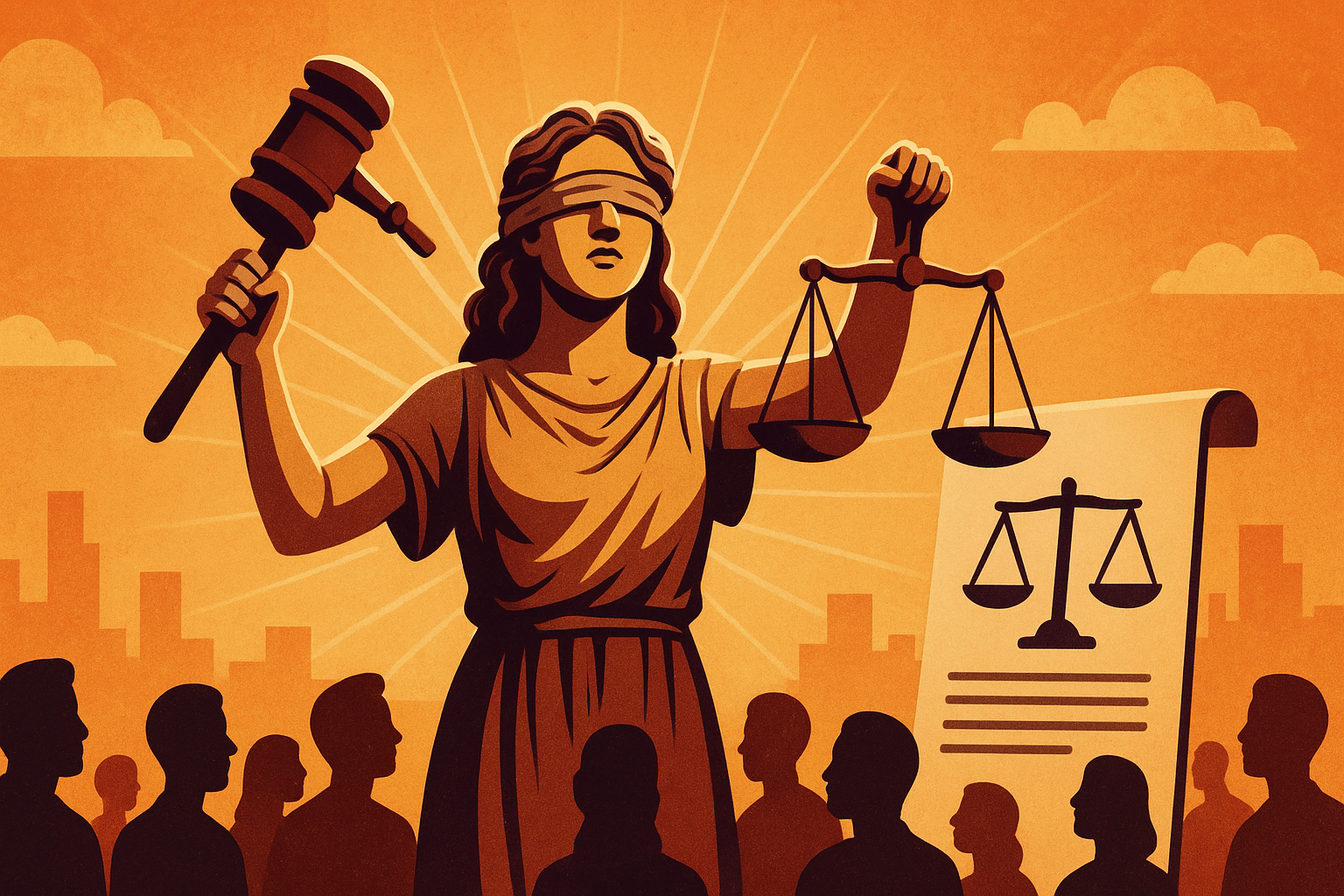
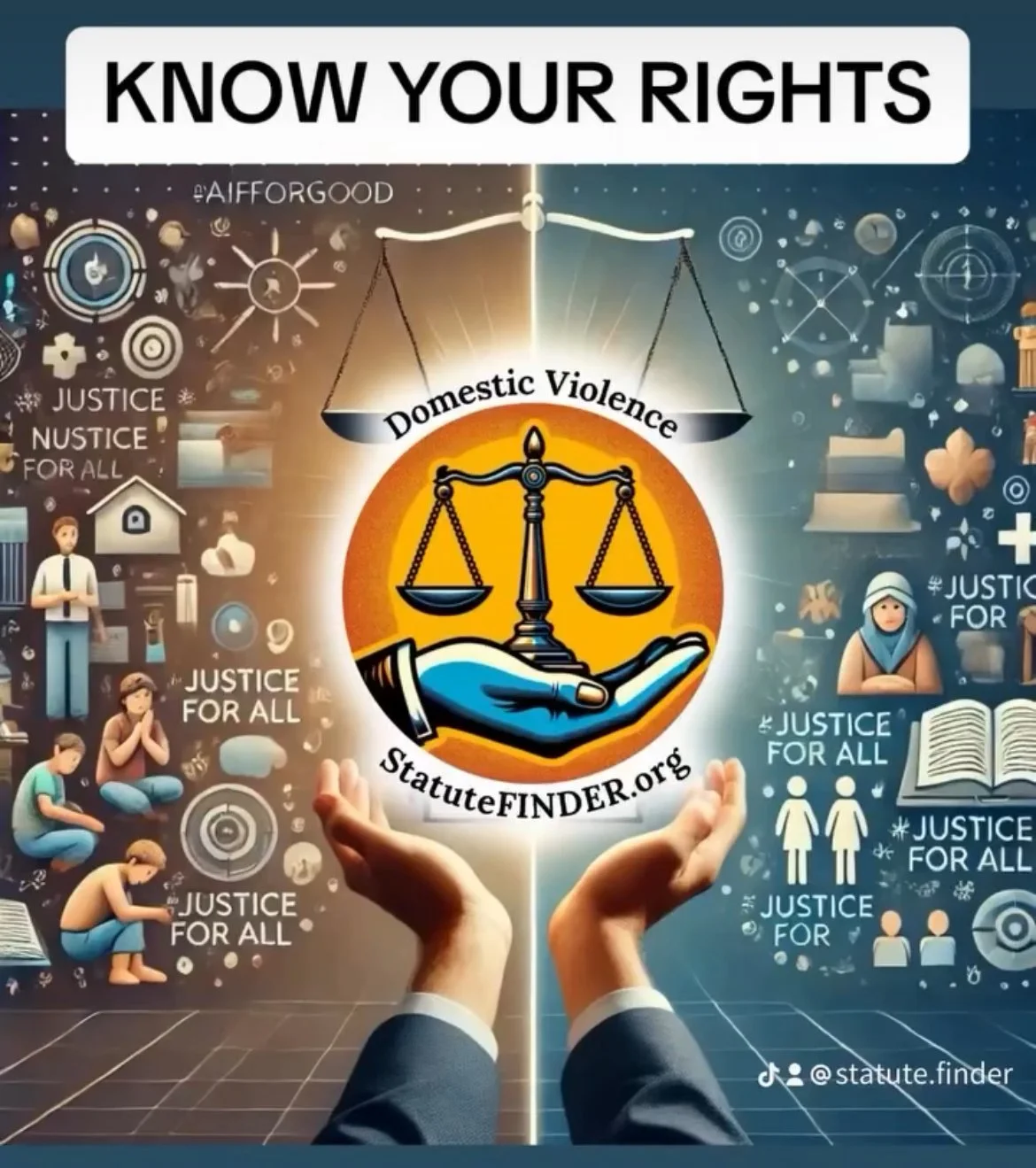


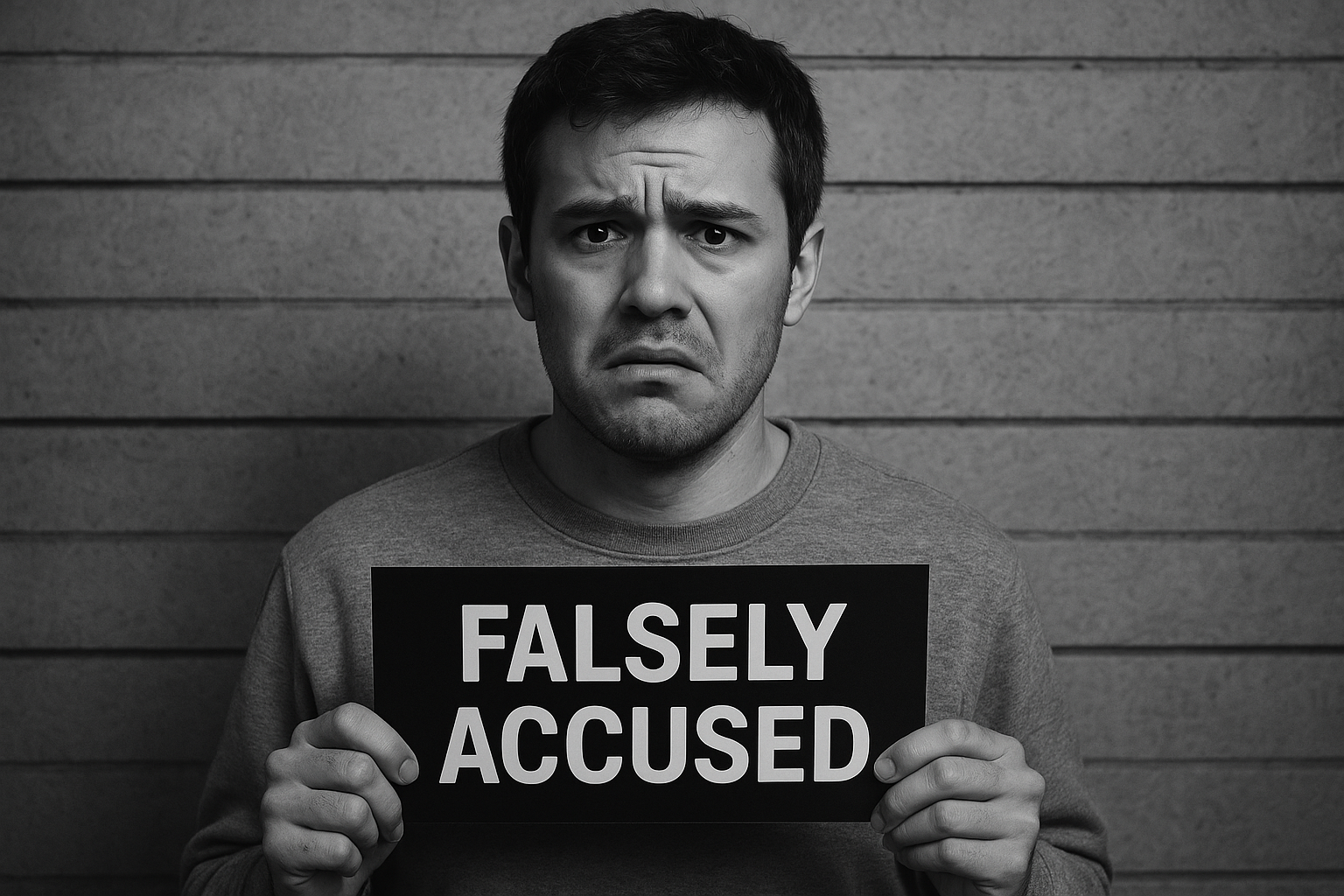




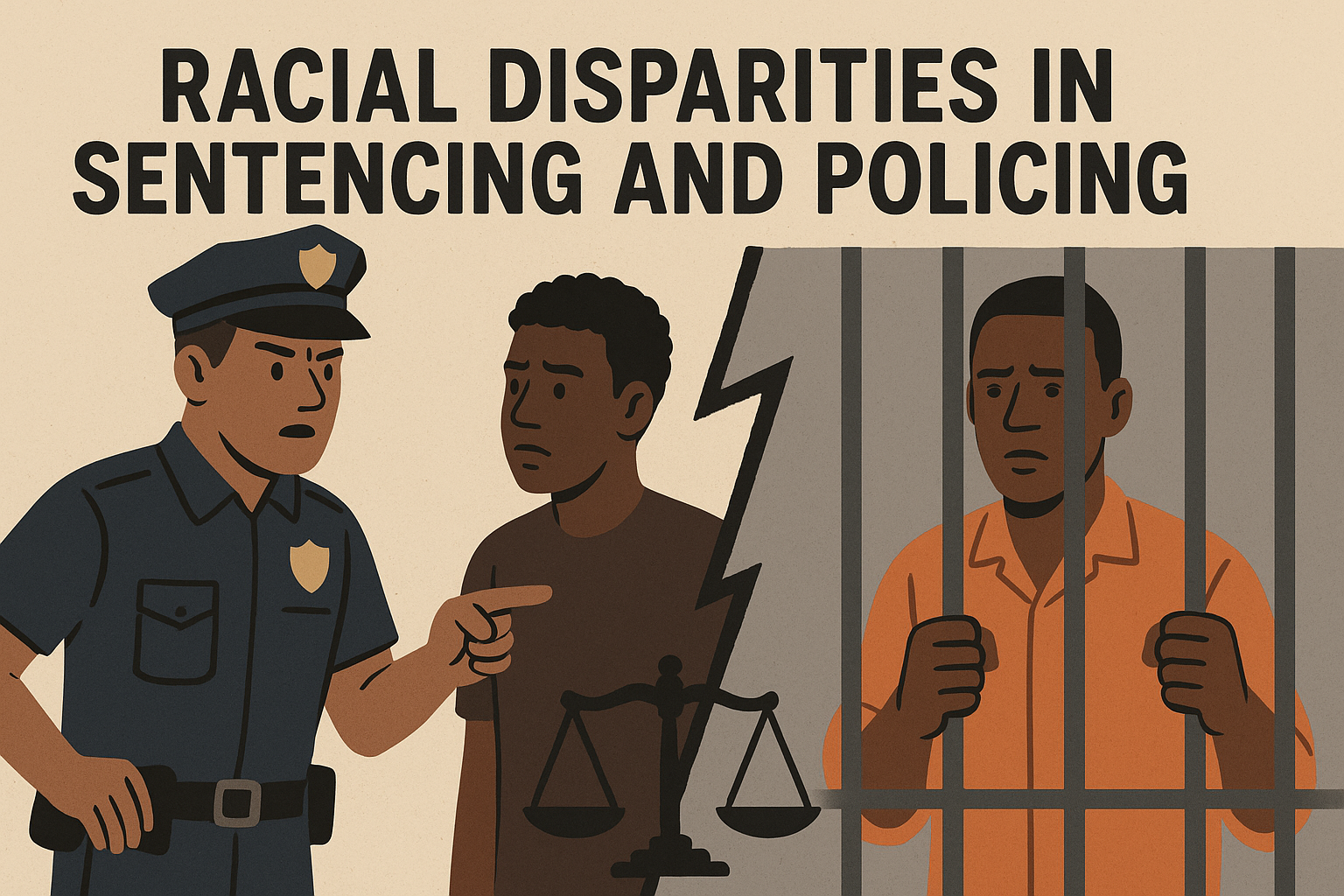
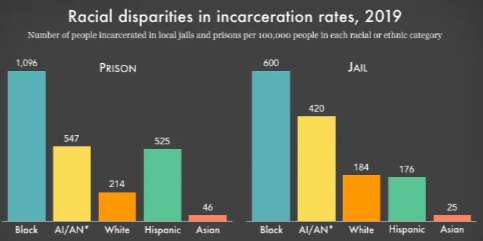


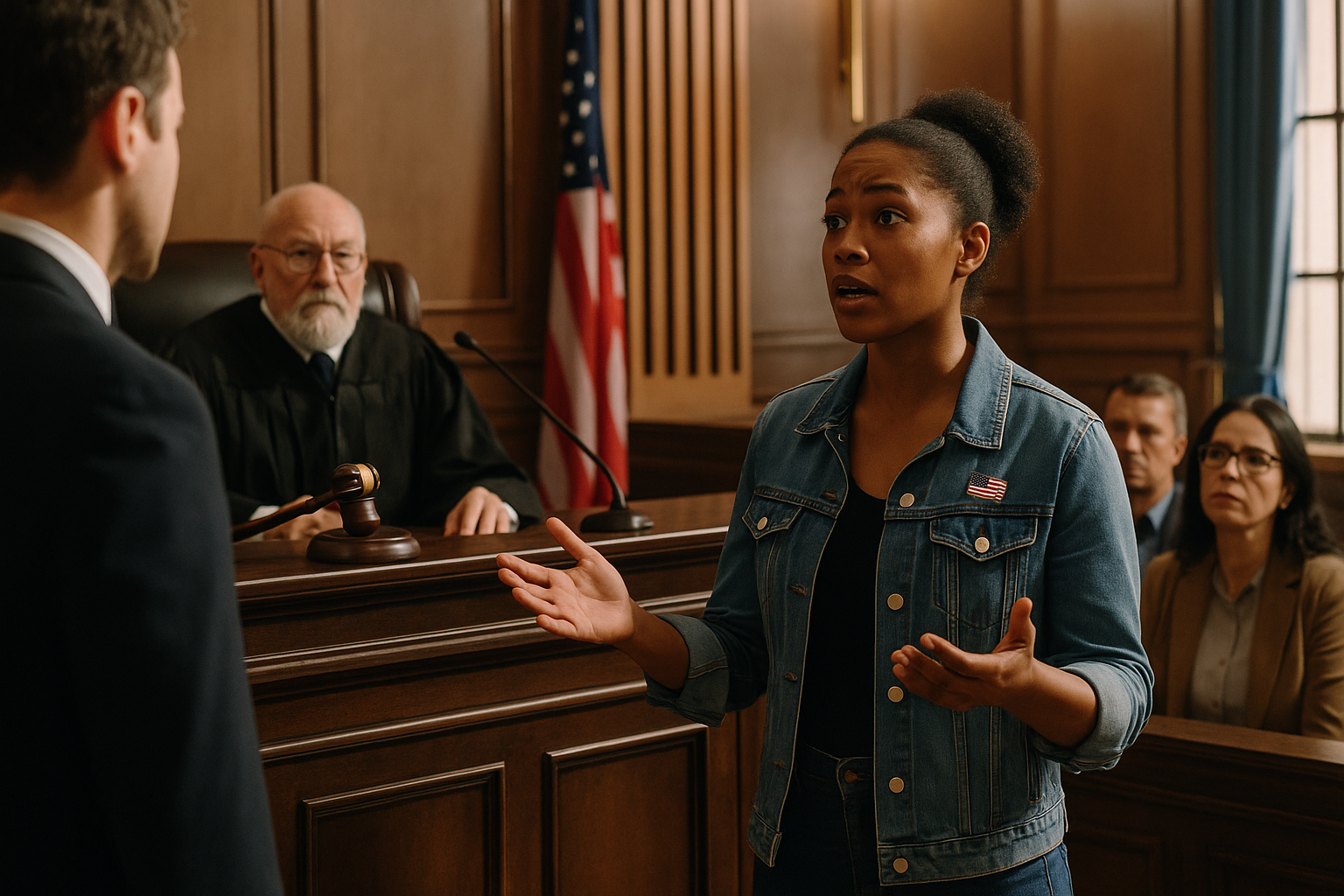



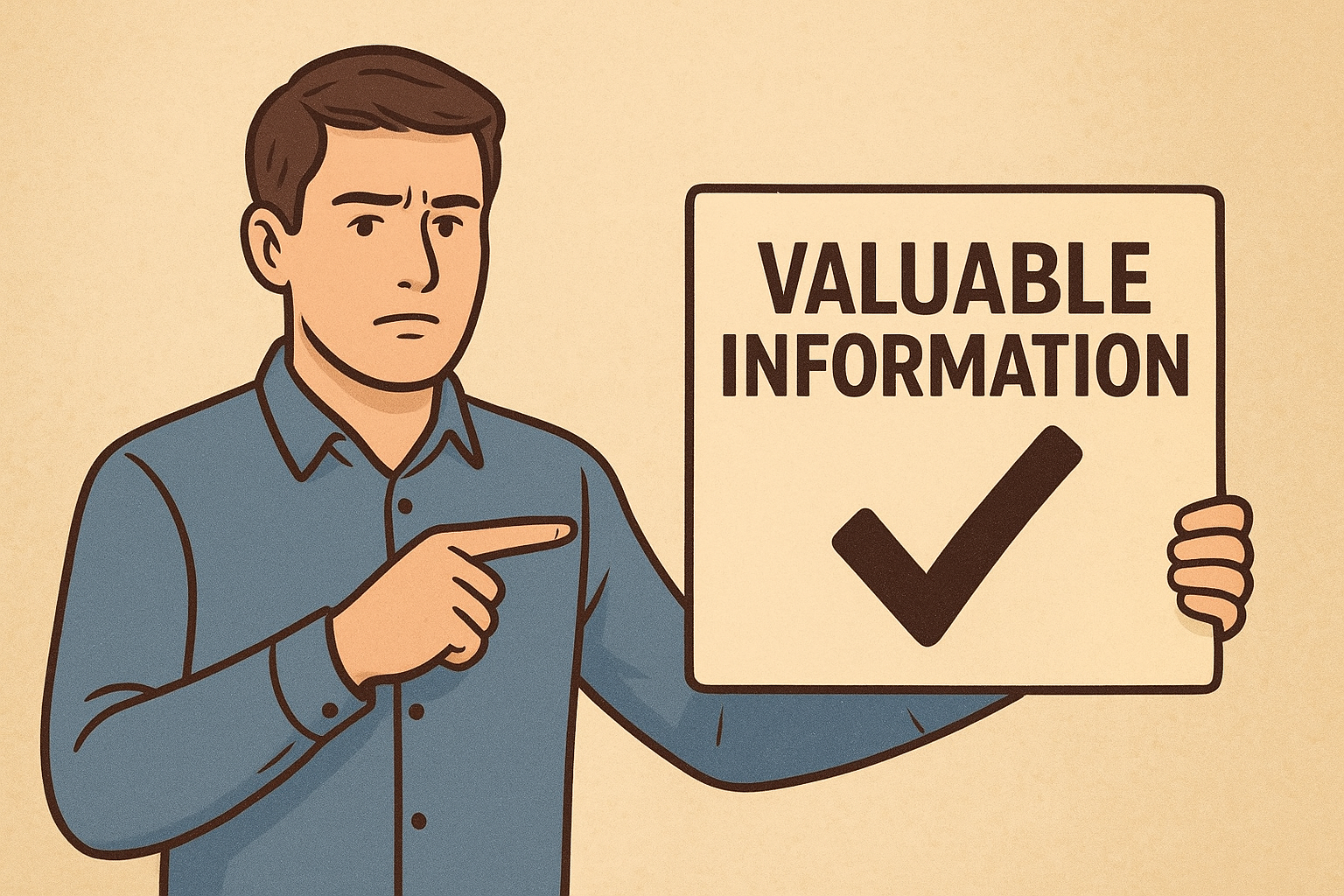








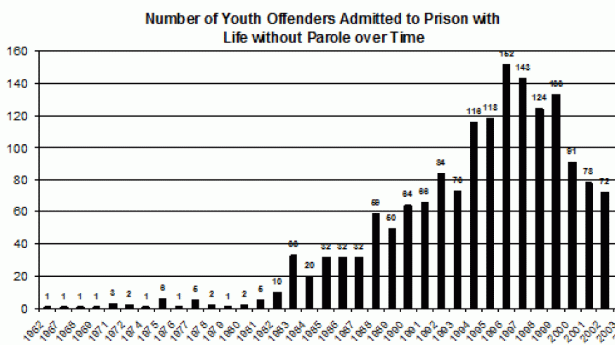
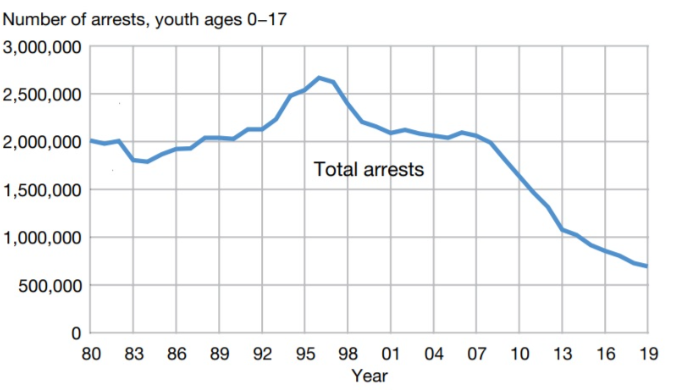

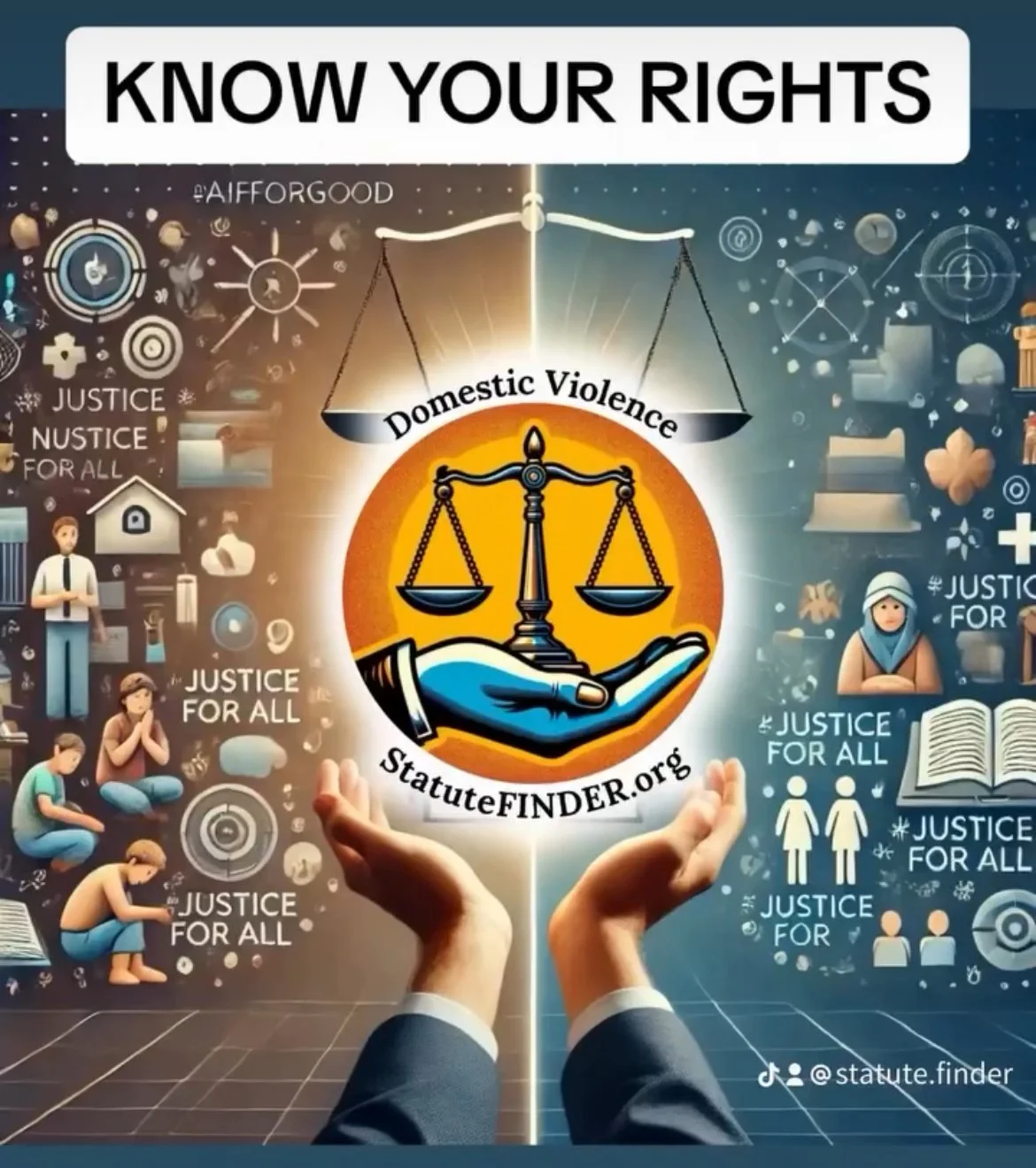







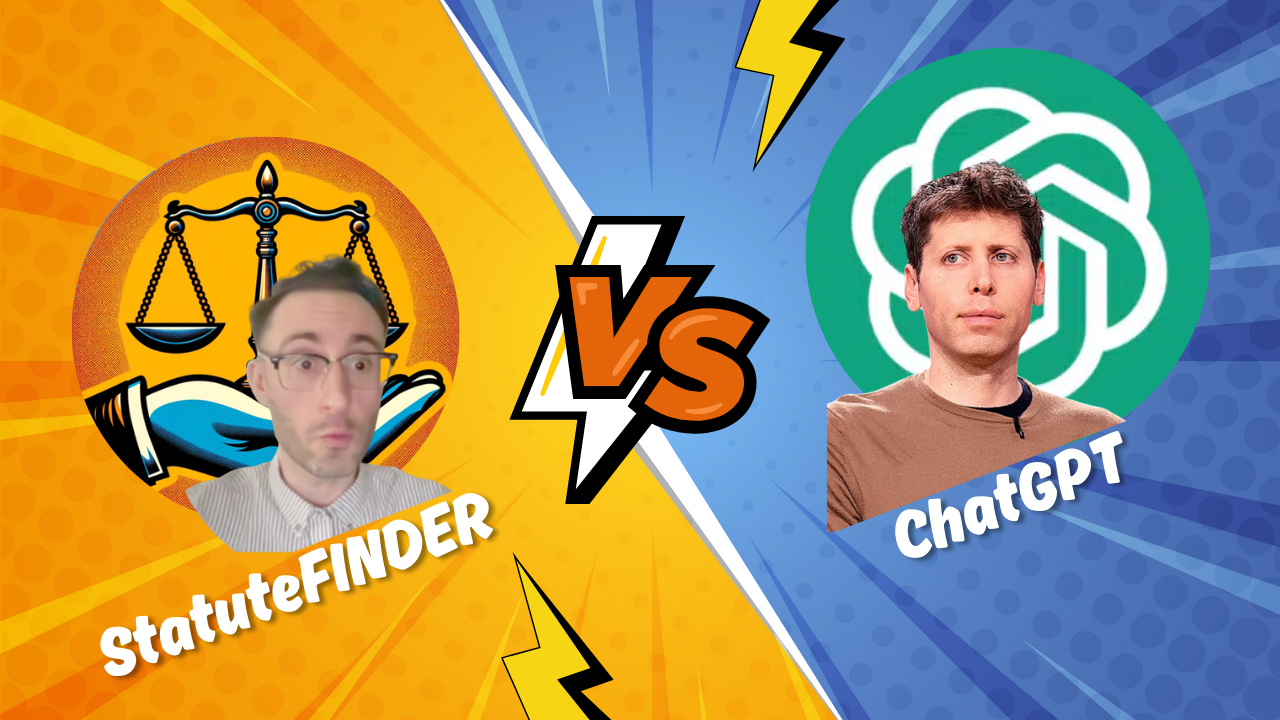
![Domestic Violence Statute FINDER [EIN: 99-1590831] is a registered 501(c)(3) nonprofit organization](https://images.squarespace-cdn.com/content/v1/6556a41cc3459e7358782c24/1754689770699-J0LP0HNH6NXCCY6Q2F3H/501%28c%29%283%29+Determination+Letter_4.5.24_IRS_501c3_StatuteFINDER.org.jpg)










